Greening at Bradbury
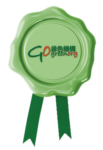
Bradbury School is a Hong Kong Green Organisation (2021-2023) awarded by the Environmental Campaign Committee and Environmental Protection Department. We are also a Certified Green School, winning the Silver Award for the 18th Hong Kong Green Schools Award. The Hong Kong Green Schools Award encourages young people to engage in their environment and students are given the opportunity to actively protect it. The programme combines learning through hands on experiences which involve the whole community, seeks to improve the environmental footprint of the school, challenges students to take action against environmental issues and cultivates a sustainable mindset. Students and staff are encouraged to connect globally with other Green Schools and use the practices learned in their daily lives.
Community Resources
“Tetra Pak preparation instructions for Bradbury collection (English and Cantonese)”
Alternatively, you may visit your local Vitasoy and Mil Mill Tetra-pak collection bin using the map below:
For plastic, glass, metal, and paper recycling at home, use the pick-up service offered by HK Recycles.
For home composting, join a community drop-off bin with the Hong Kong Community Composting group.
Our latest recycling report can be found below:
Our latest energy report can be found below:
Sustainability Policy
“Bradbury School operates in accordance with the Bradbury Sustainability Policy and ESF Sustainability Strategy. The ESF Sustainability Strategy was developed by a group of students across 7 ESF schools, which defines our sustainable visions and goals across 22 ESF schools through the areas of education, communication and governance, wellbeing, sustainable operations, and student empowerment.”
ESF Sustainability Strategy
Bradbury Sustainability Policy (Draft)
Hong Kong Green School Award Self Audit
Hong Kong Green School Award Evaluation Results
Upon evaluation by the Environmental Campaign Committee, Bradbury School achieved the Silver Award for the 18th Hong Kong Green School Award and the Excellent Award for the NO Disposable Campus Award. For Bradbury, these accolades are not an end goal in itself, but a means to see where we stand on our mission to promoting sustainability values and becoming a zero waste school. This allows us to identify gaps in our operations and find areas for improvement, as well as to celebrate the commitments the Brabdury community have made towards our zero waste values and green initiatives over the years.
School Environment
Bradbury school aims to increase direct exposure to the natural environment through living walls and plants around the school campus which help to connect the indoor and outdoor environments. In addition to the benefits of helping to reduce anxiety, producing oxygen and beautifying the school environment, the green walls help to ensure a positive learning and working experience for our students and staff.
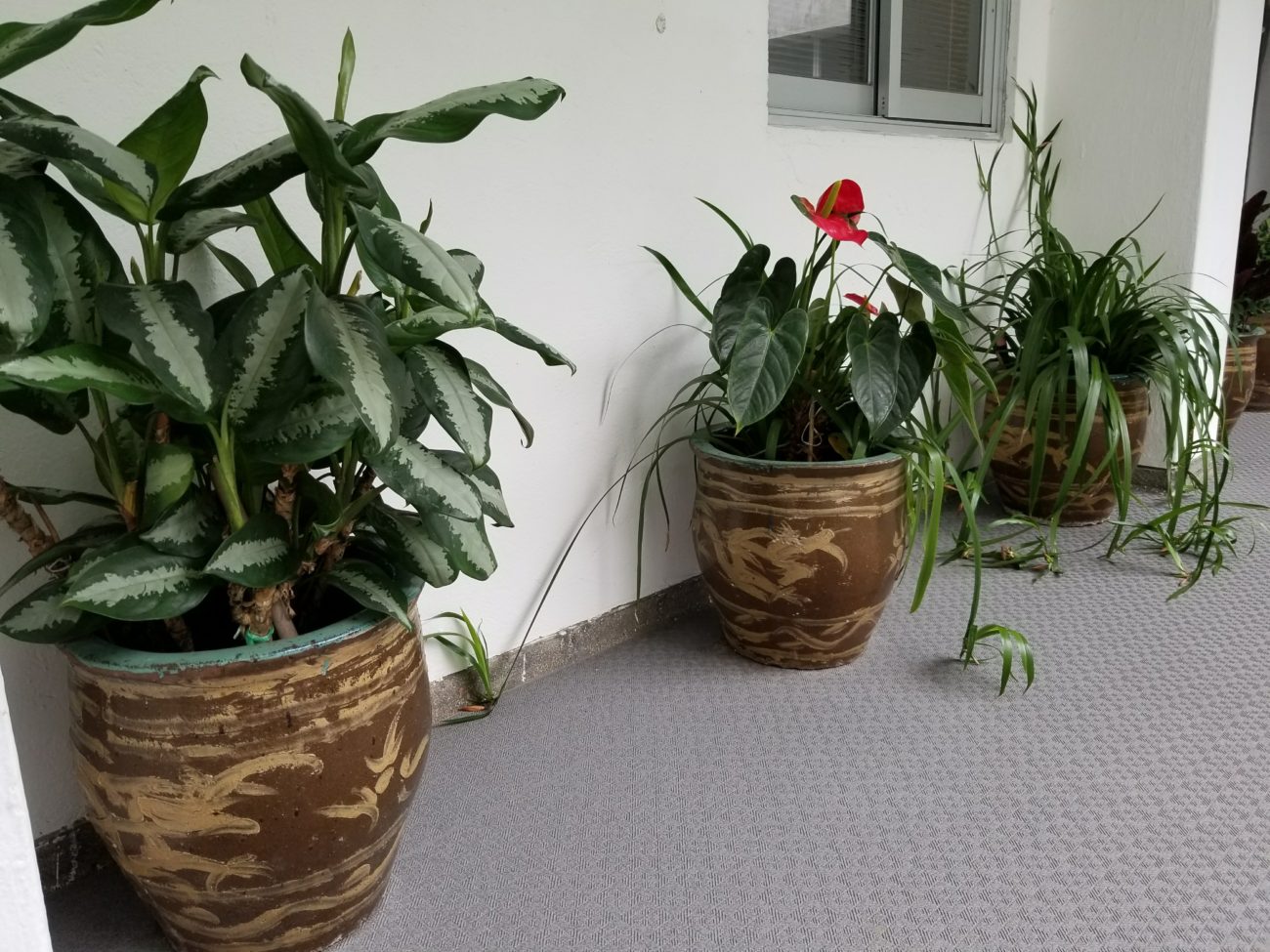
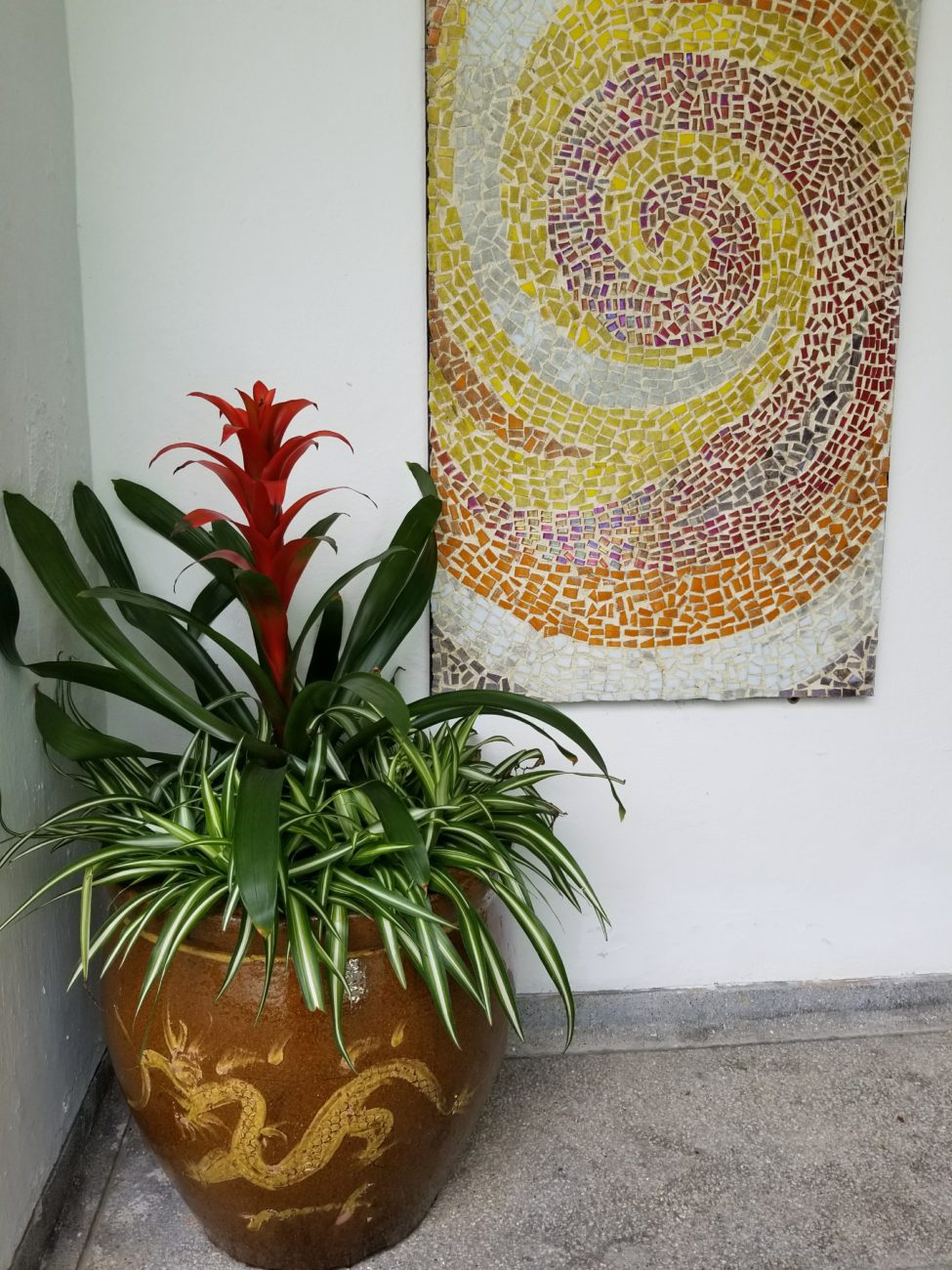
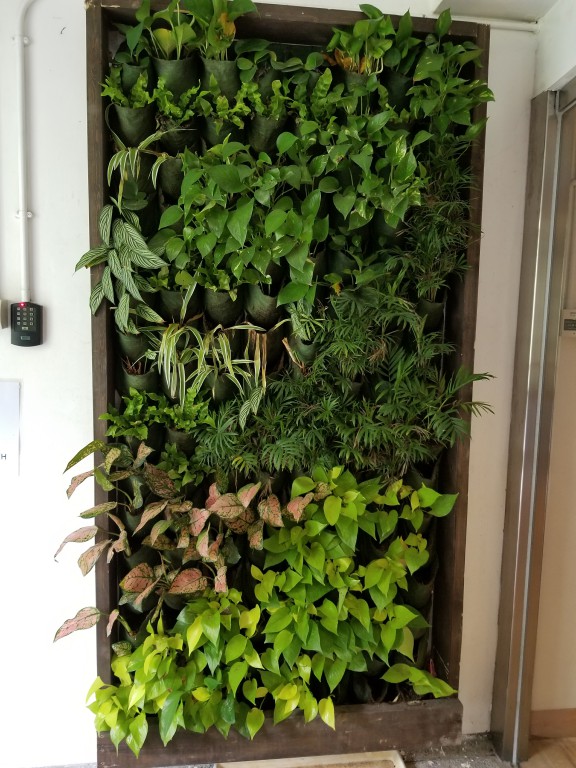
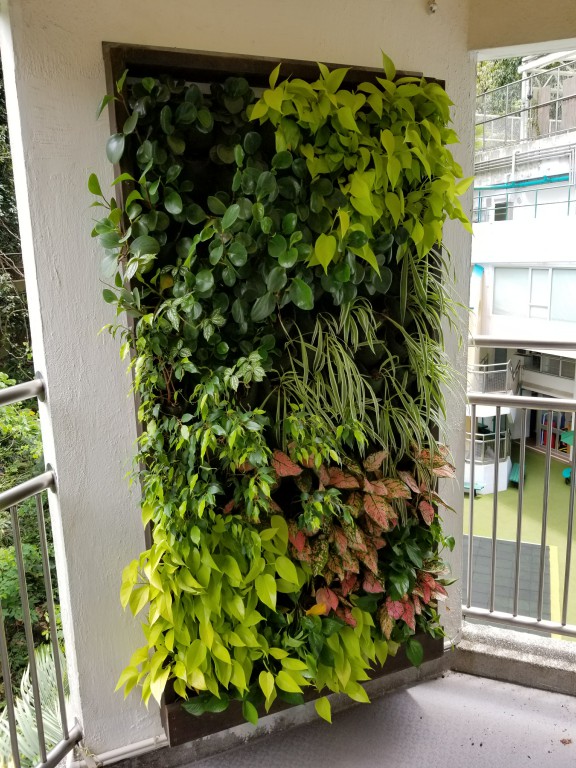
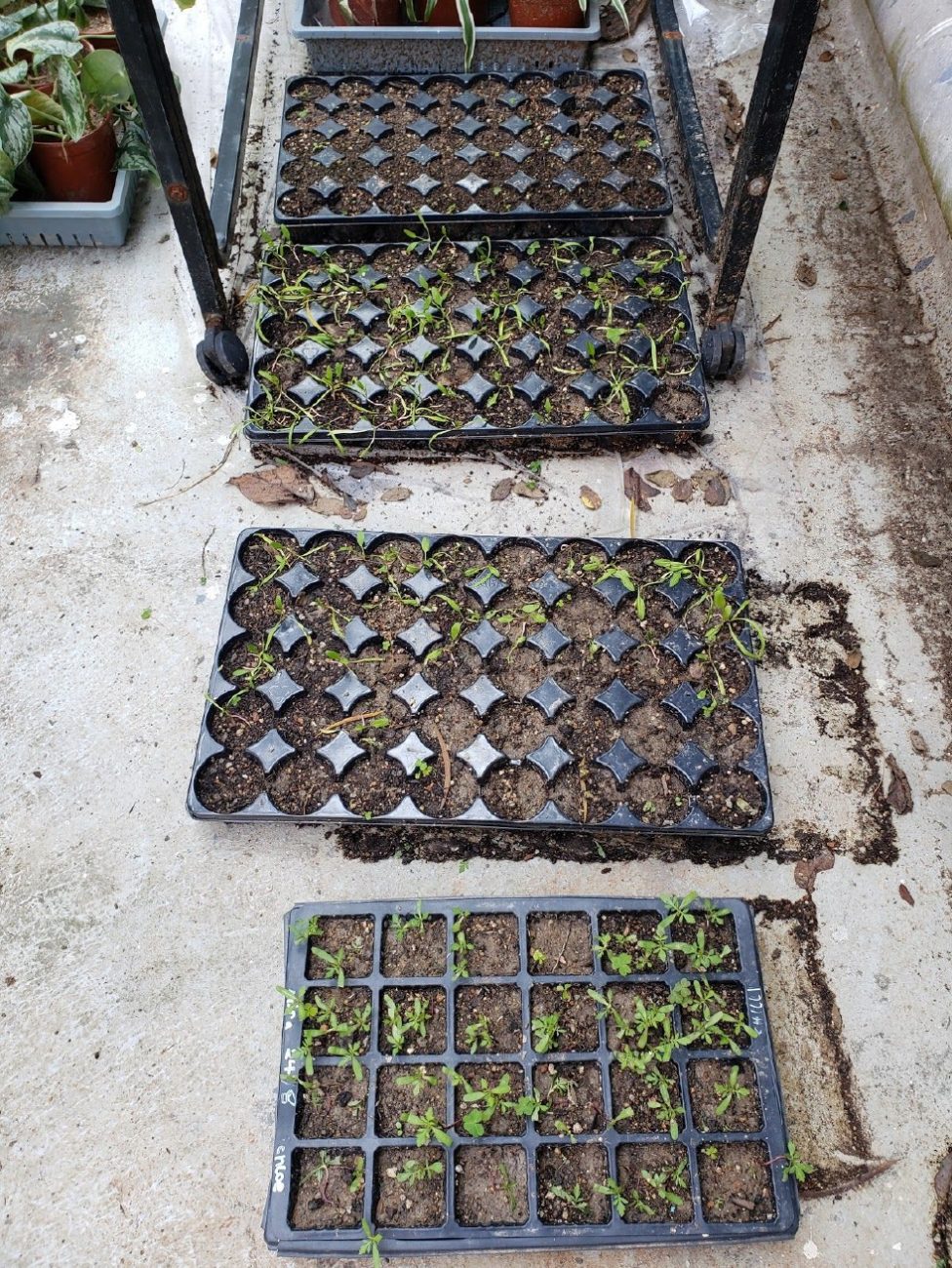
Cleaning Products
Site staff met and reviewed the cleaning products from Zero Impact. They are currently trialing their non allergenic, paraben free, biodegradable cleaning product range in a hope to reduce the chemicals we use when cleaning in our school.
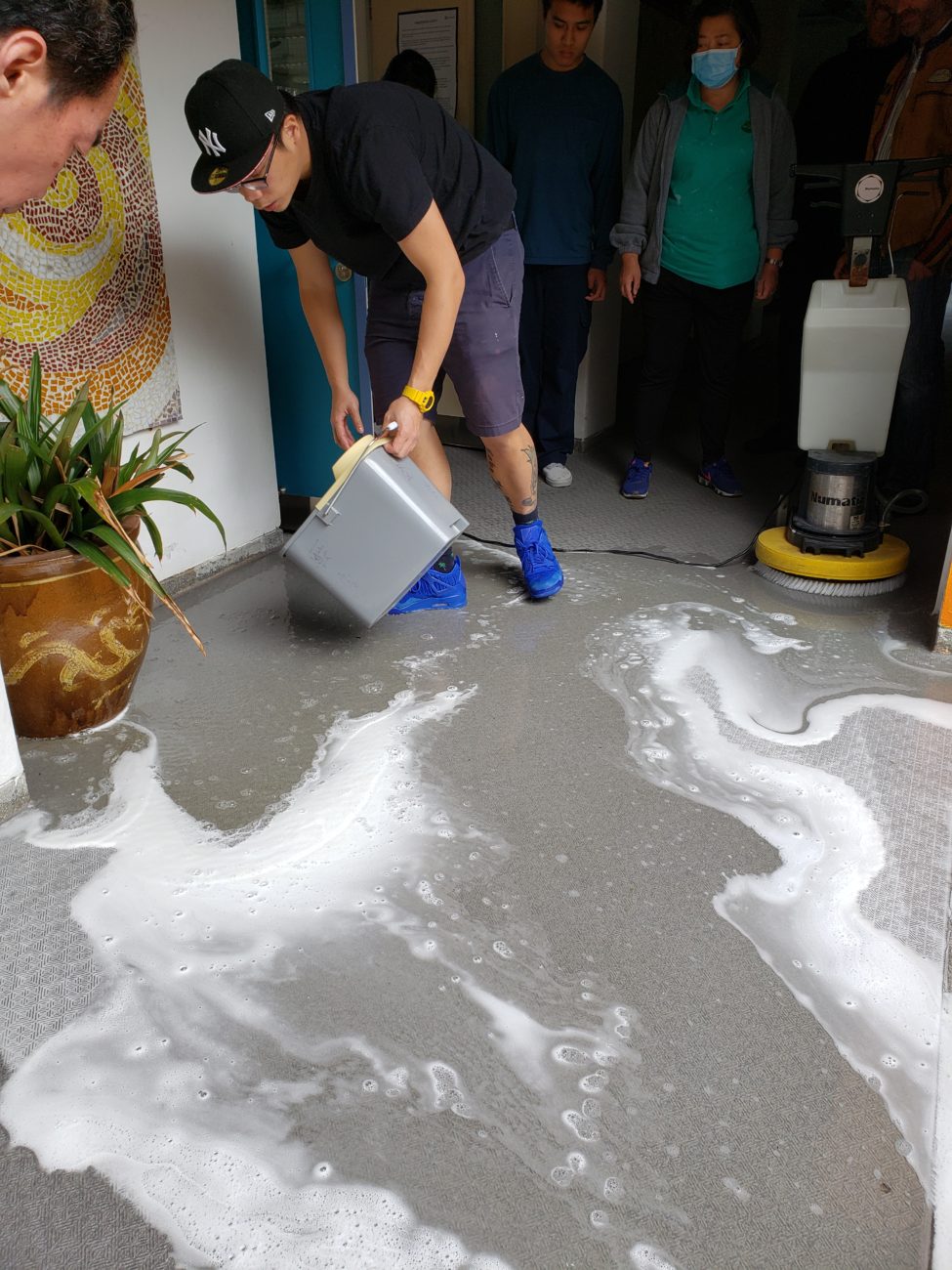
The Year 1 students took action and made their own cleaning products from everyday kitchen ingredients and then tested them out in the Y4 classrooms.
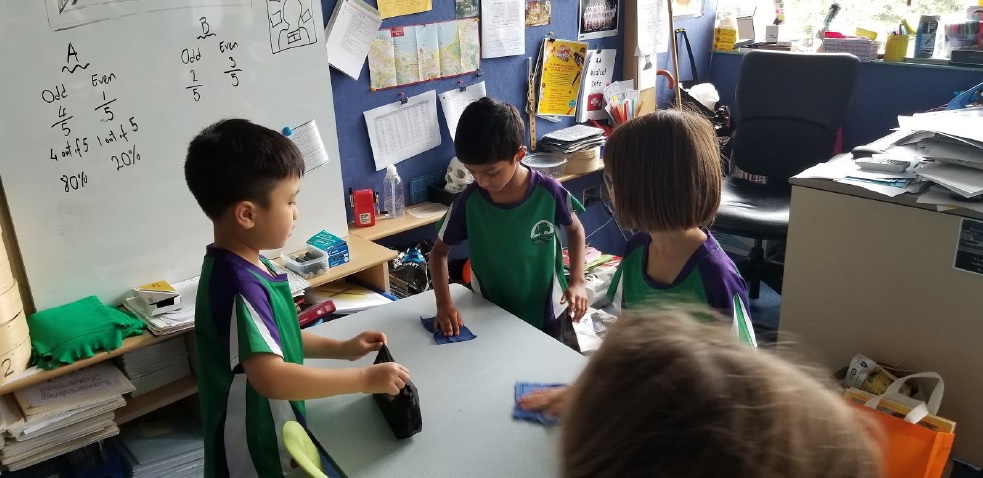
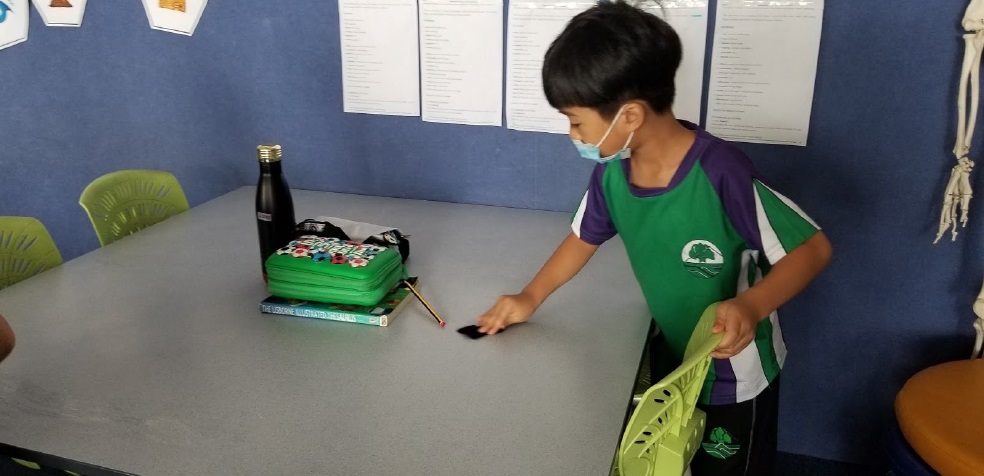
Energy Monitors
What is a Year 5 Energy Monitor?
Energy monitors are people who collect data from different classes about how much energy we’re using.
Why do we collect data ?
If we collect this data we can show the school how much energy we are using and we hope they will stop using that much energy by switching things off.
How else can we find out how much Energy Bradbury is using?
There is also this website called Entrak that shows how much energy the whole school is using every day and every week. In term 3, Y5 gave presentations to all the year groups in the school about how much energy we are using and we also gave a presentation to the cleaners about how to use the aircons more efficiently.
What can we do?
In Year 5 we’re spreading awareness of how much energy we use in the school. We’ve given presentations to classes about how they can save energy and turn appliances off. We have also made an air con guide on how to use the remote control better to save energy.
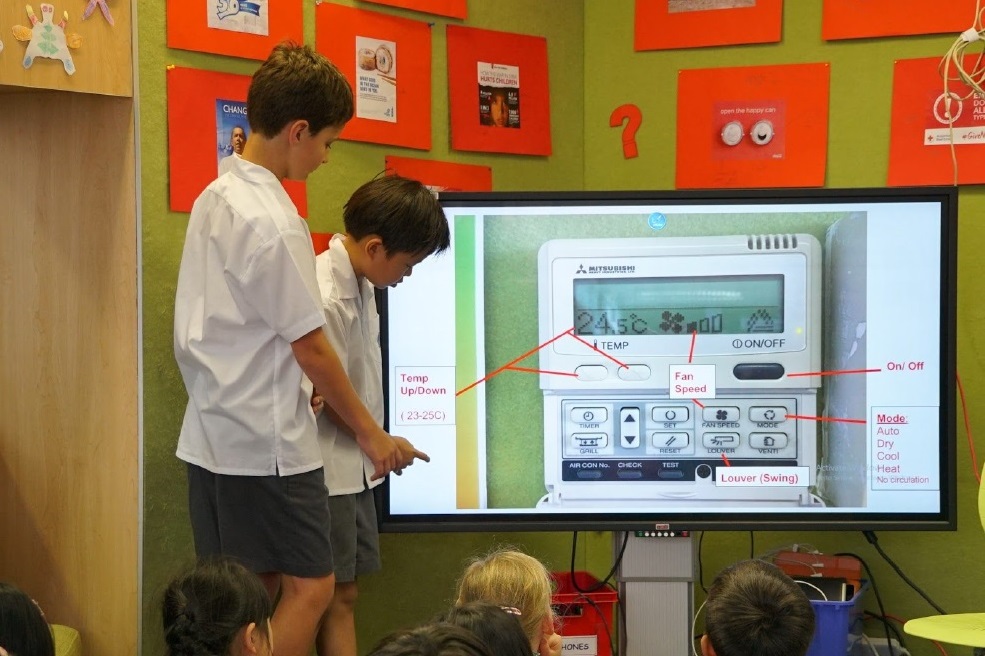
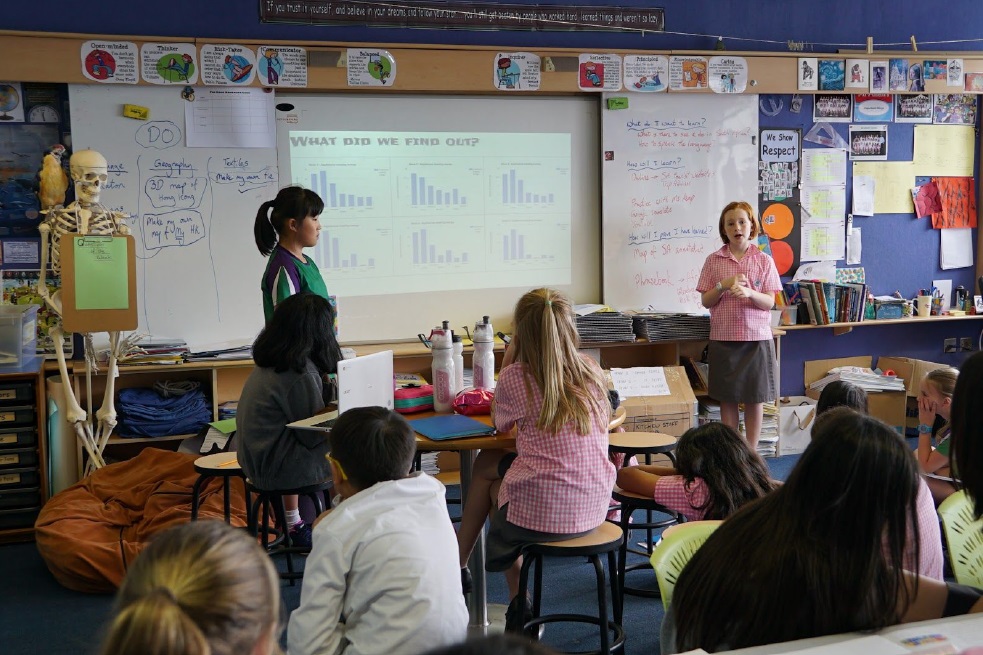
Rainwater Catchment Tank
A 1000L water tank was donated to the school by a parent in the 2014-2015 school year. Positioned on the 1st floor to give us sufficient water pressure, it was connected to existing piping to collect water from the 2nd floor playground. Tap fittings also lead from the tank down to the lower ground play area to allow students and members of the Eco Dudes to water the plants in the nearby greenhouse and in the Lower Playground gardens at snack and lunch times.
Additionally, site staff use this water for cleaning and hosing of outside surfaces to reduce the school’s water use.
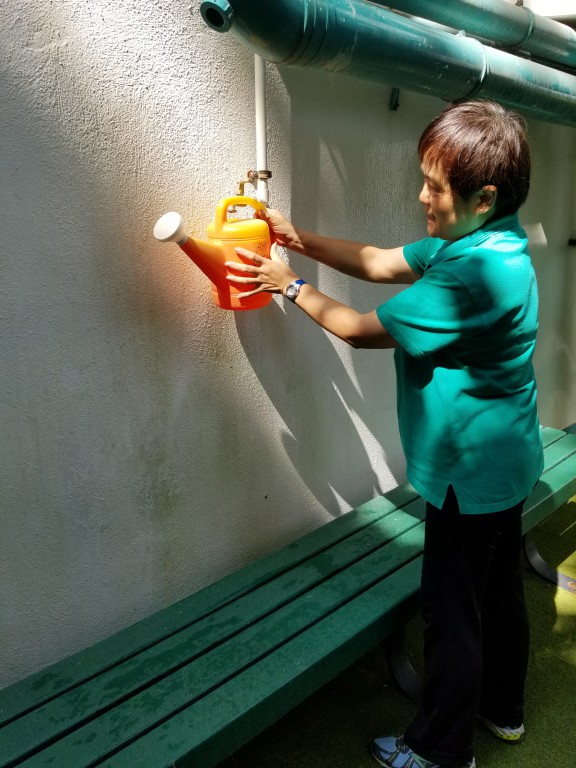
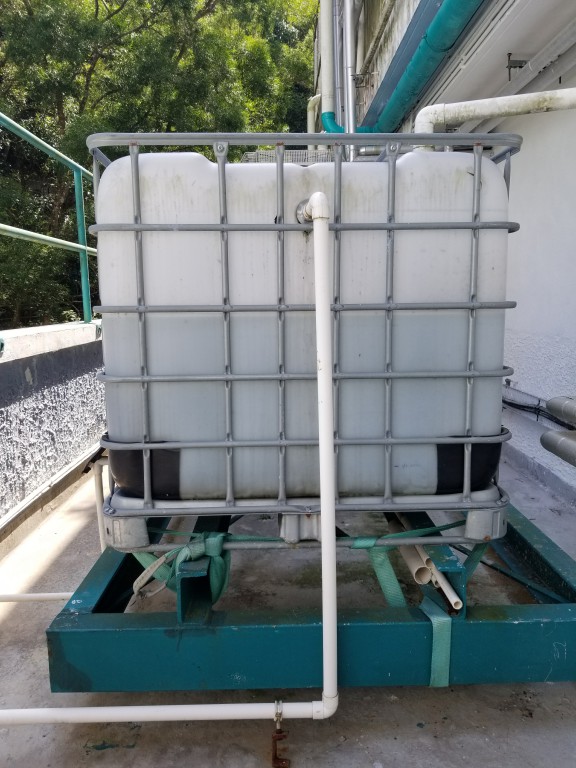
Cable Ties on Washroom Taps
Aside from large infrastructure, more passive methods of water conservation are also applied in daily life at Bradbury. So cable ties were put on taps around the school to minimise water consumption. These ties not only conserve water usage by simply using less at a time, but are also effective in raising student awareness into saving water at Bradbury.
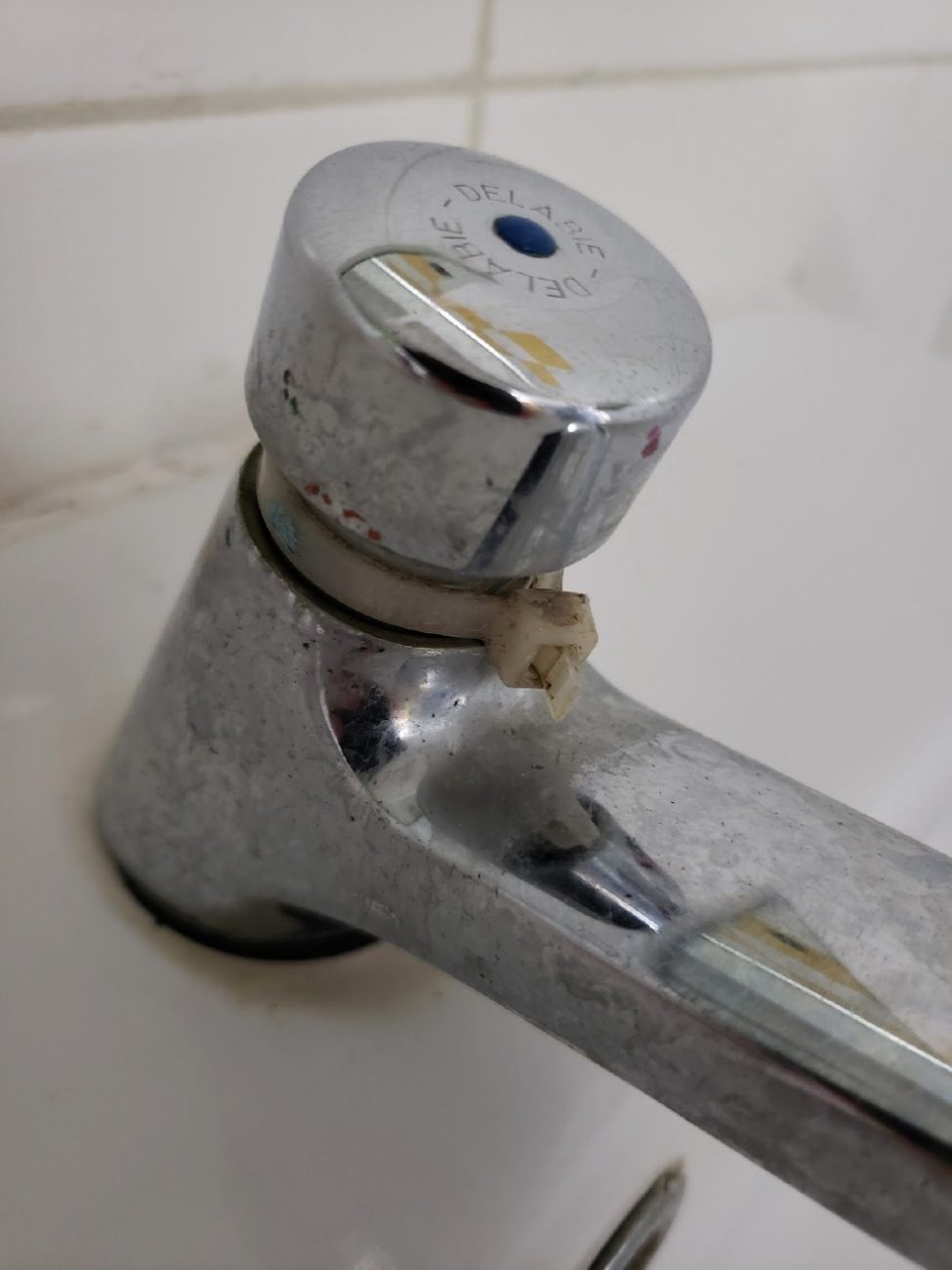
Organic Waste Collection
The Year 6 ‘peelies’ collect the leftover food waste from various locations and classrooms around the school once a week. This is then deposited into our large rotating compost bins which convert our leftover food waste into sustainable fertiliser that is then put back into our gardens or sold to the community.
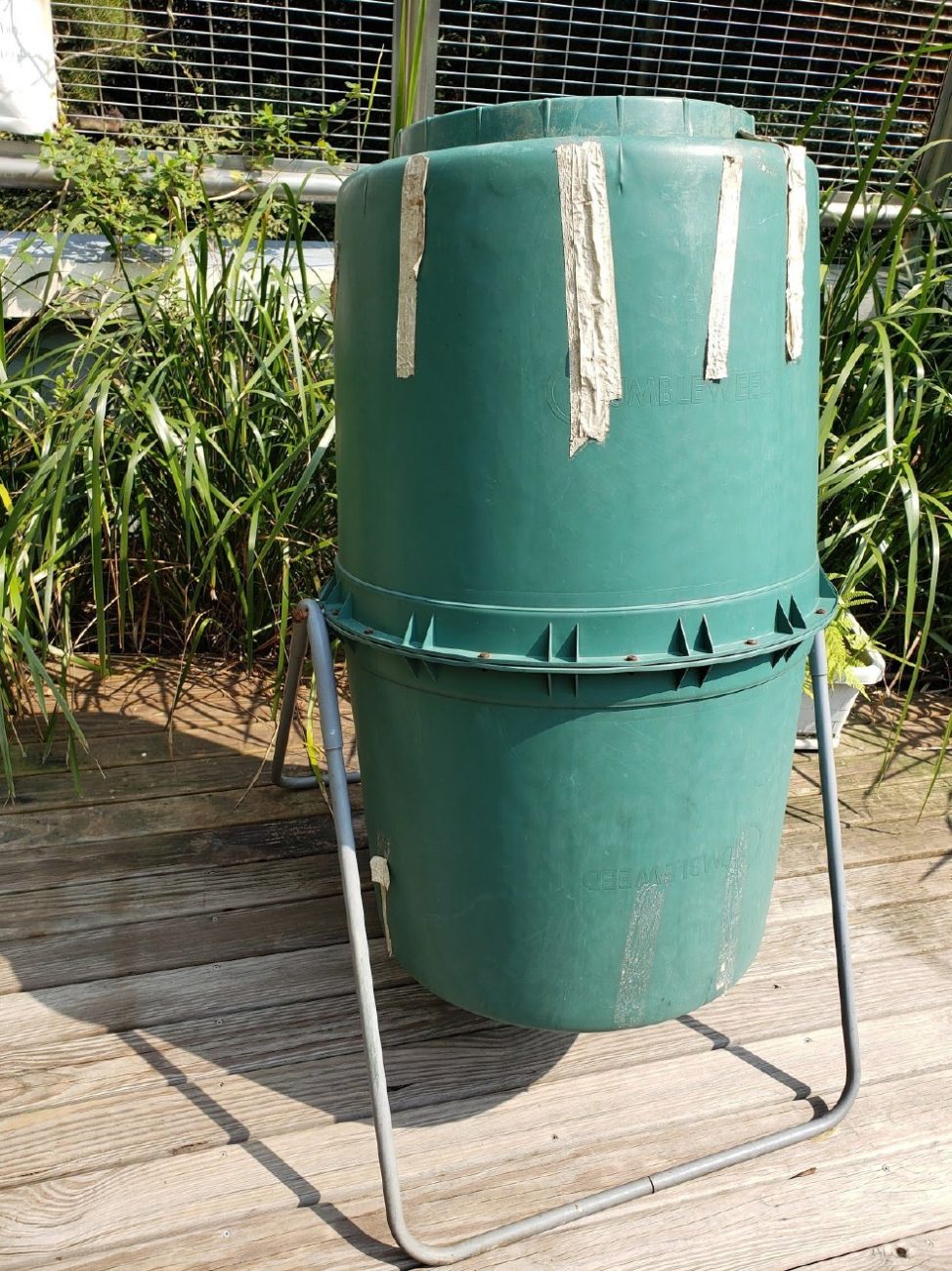
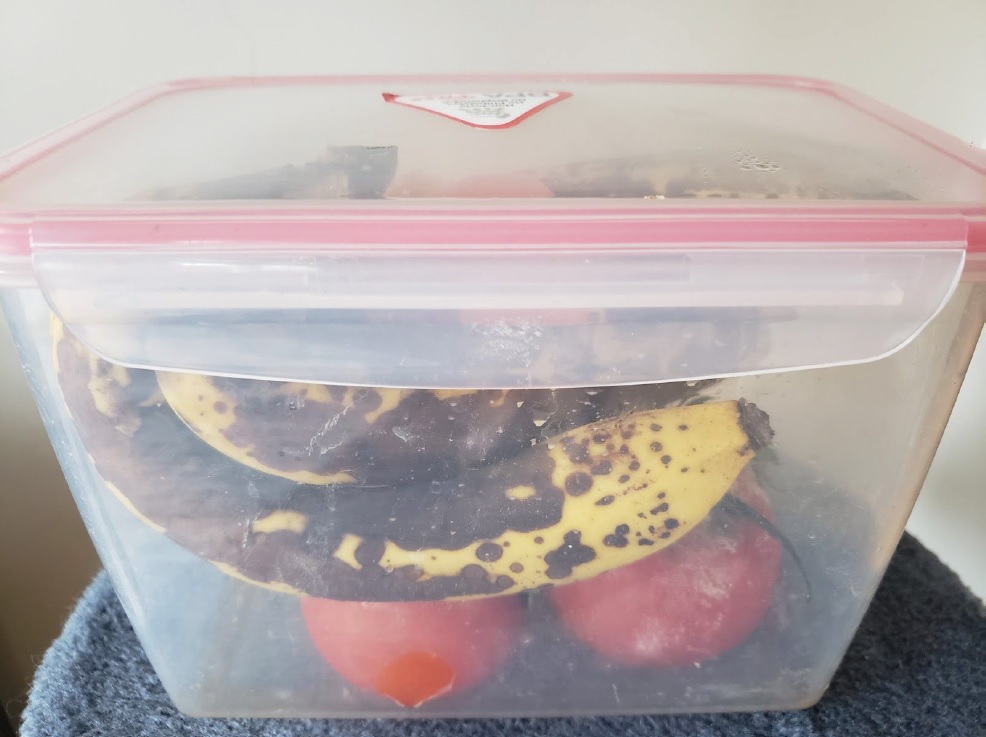

Additionally, Year 6 Exhibition students raised money for the school to buy a food waste machine as a result of their inquiry into food waste in Hong Kong. The machine turns food scraps into garden compost in just 24 hours and is energy efficient. This compost has been used to fertilise our plants in the new Lower Playground garden and to enhance the soil in the greenhouse.
This machine is helping us to reduce our waste!
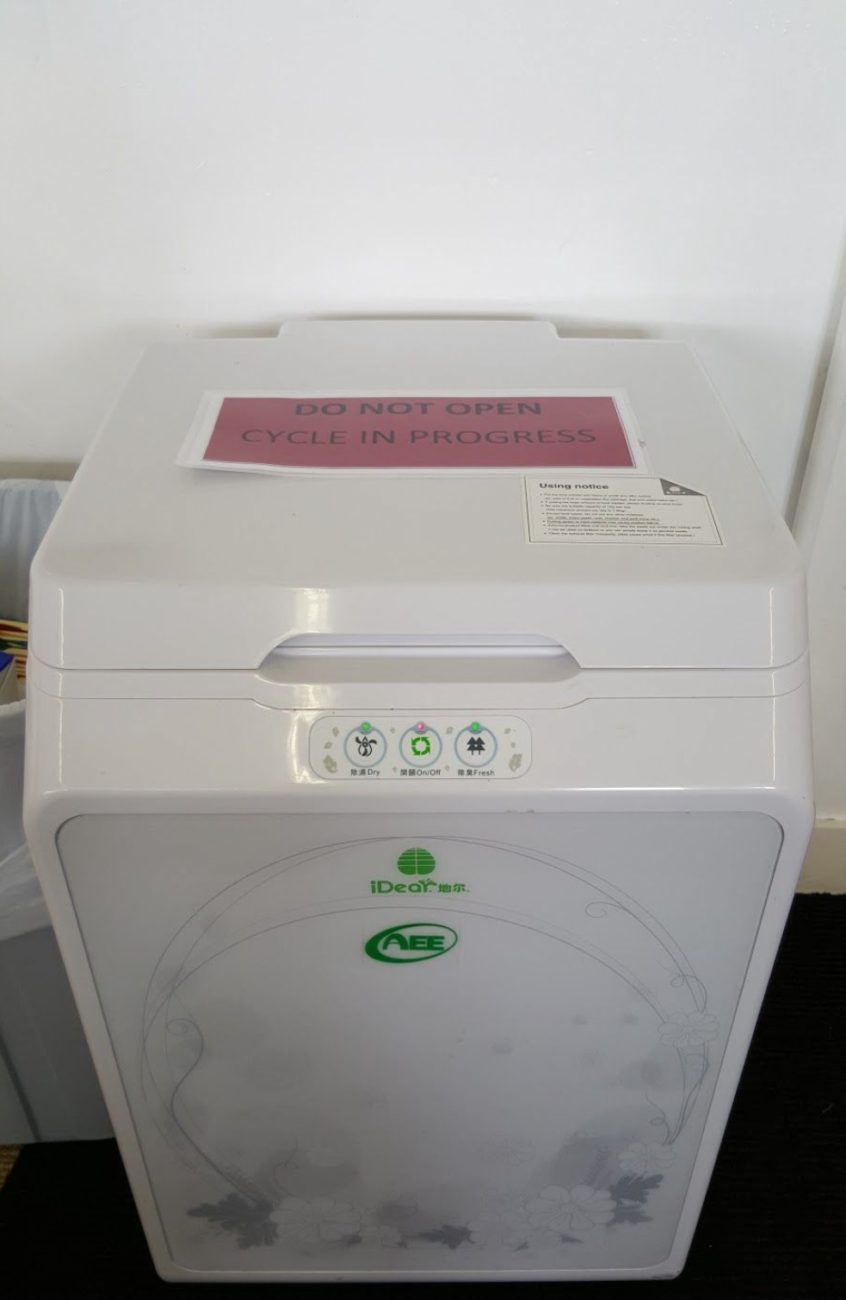
HK Recycles Collection
Our recycling at Bradbury is supported by HK Recycles, which is a collection service that provides an accountable recycling solution to residences, offices, and buildings in Hong Kong. Currently Bradbury recycles various plastics, metal, glass and paper. A comprehensive recycling report is produced on a monthly or quarterly basis. In addition to providing quantitative information on volume and breakdown by recyclable type, further information can be provided by floor/building/unit. These reports also allow us to contextualise the impact we are making as a community through meaningful comparisons, such as the number of roundtrip flights avoided in terms of carbon emissions.
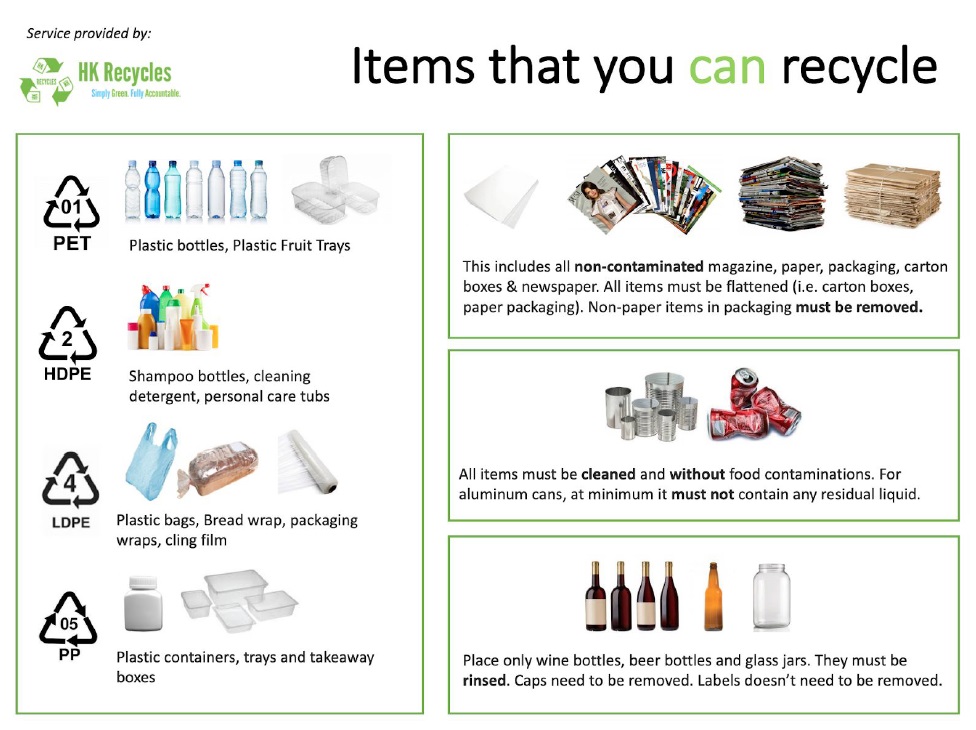
Photovoltaic System, Weather Station and Data Monitoring System
A 2 kilowatt photovoltaic system was built on the rooftop of Bradbury in 2020 by Greentech Technology. This was funded by the Environment Conservation Fund as an Environmental Education & Community Action Project approved by the Environmental Campaign Committee. This space, although off-limits to students on a regular basis, is integrated into class activities to raise awareness among the students as well as the staff on our dedication to renewable energy at Bradbury.
In addition, a weather station and data monitoring system was also installed on the rooftop to keep record of weather data, energy generated, carbon emission avoided, data visualizations, and more. This data can be viewed through the online dashboard on the Sunny Portal website and is also displayed on a monitor by the school foyer for students, staff, or visitors to view.
Environmental Practices
Eco-Dudes Plant Sales
Bradbury holds plant sales where Eco Dude student’s sell seedlings and herbs to the members of our community. These plants are grown from seeds and cuttings by the students around our school grounds which helps them to see the importance of nurturing flora and fauna. The money raised by the students then goes back into purchasing plants and seedlings to enhance our school environment.
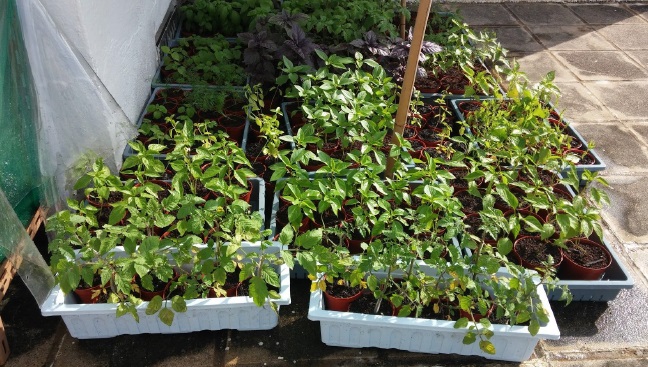
Action Agents
Year 6 Action Agents are involved in the push towards zero waste at Bradbury too! We have started recycling Tetra Pak-style cartons, but the collection system requires the cartons to be prepared in a particular way in order to be recycled properly. The Action Agents have taken on this role in the recycling process and prepare these cartons on a regular basis. This initiative being taken by the Action Agents also works towards attaining their United World Citizenship Bronze Badge Program.
These Tetra Pak-style cartons are sent to a local facility Mil Mill to be recycled once a month in collaboration with Plastic Free Seas. We also welcome members from the community to bring their cartons from home to be collected by Bradbury.
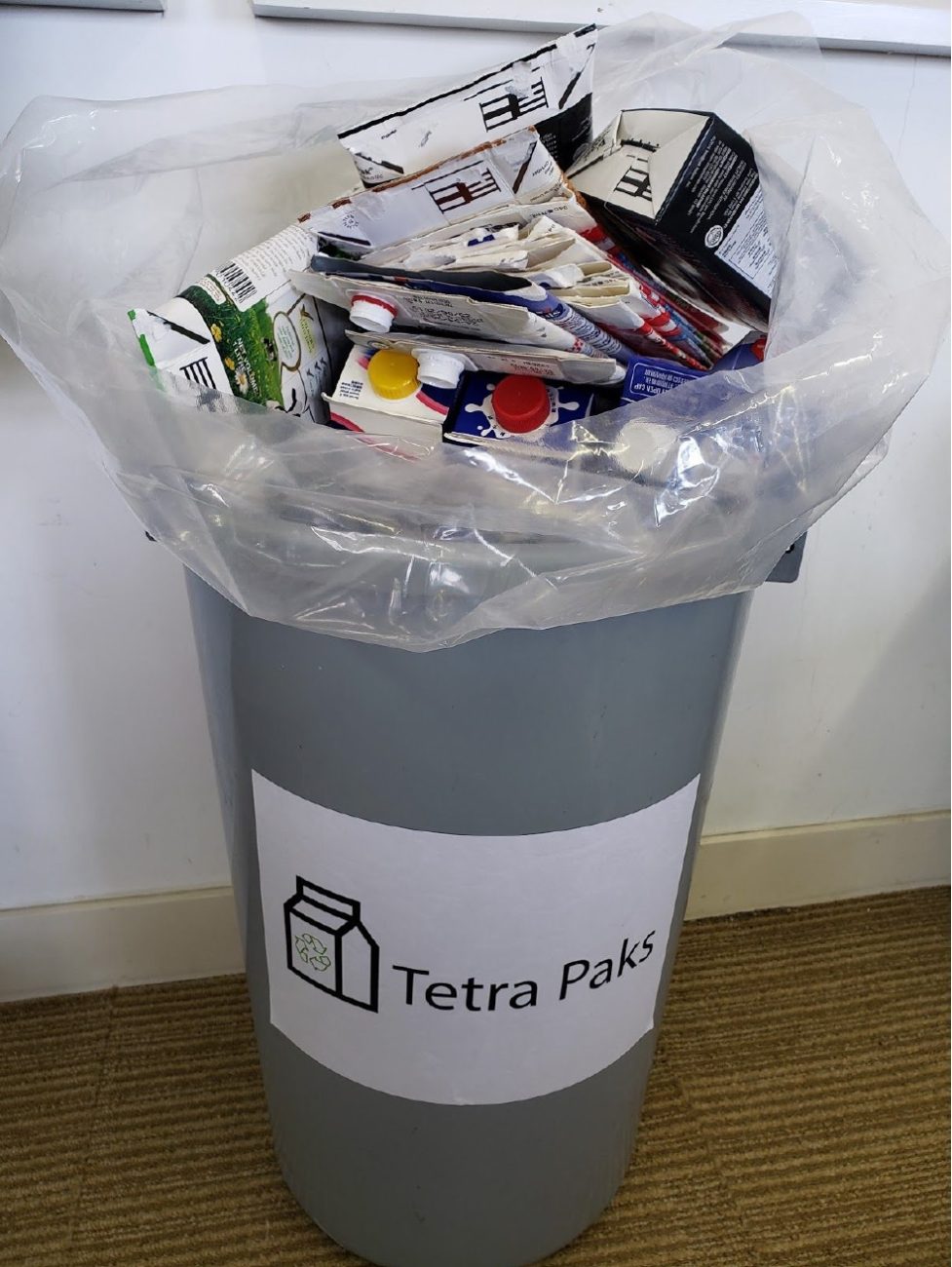
Year 4 Gardeners
In Year 4, students develop and maintain an existing garden space on the 2nd Floor with the guidance of Ms. Van der Vossen to understand the process of “field-to-table”. This project extends beyond the Unit of Inquiry to explore food recycling and plant matter to allow students to understand the concept of sustainability within the context of our school environment. Students gain hands-on experiences with different methods of plant reproduction including the full life cycle of a plant and develop a deeper appreciation of where our food comes from. Eventually the students can harvest the vegetables and herbs being grown.
New garden beds were specially designed by Rooftop Republic to suit the needs of the space and were just installed during the summer break. Rooftop Republic specialise in urban farming and community workshops centered around sustainable living.
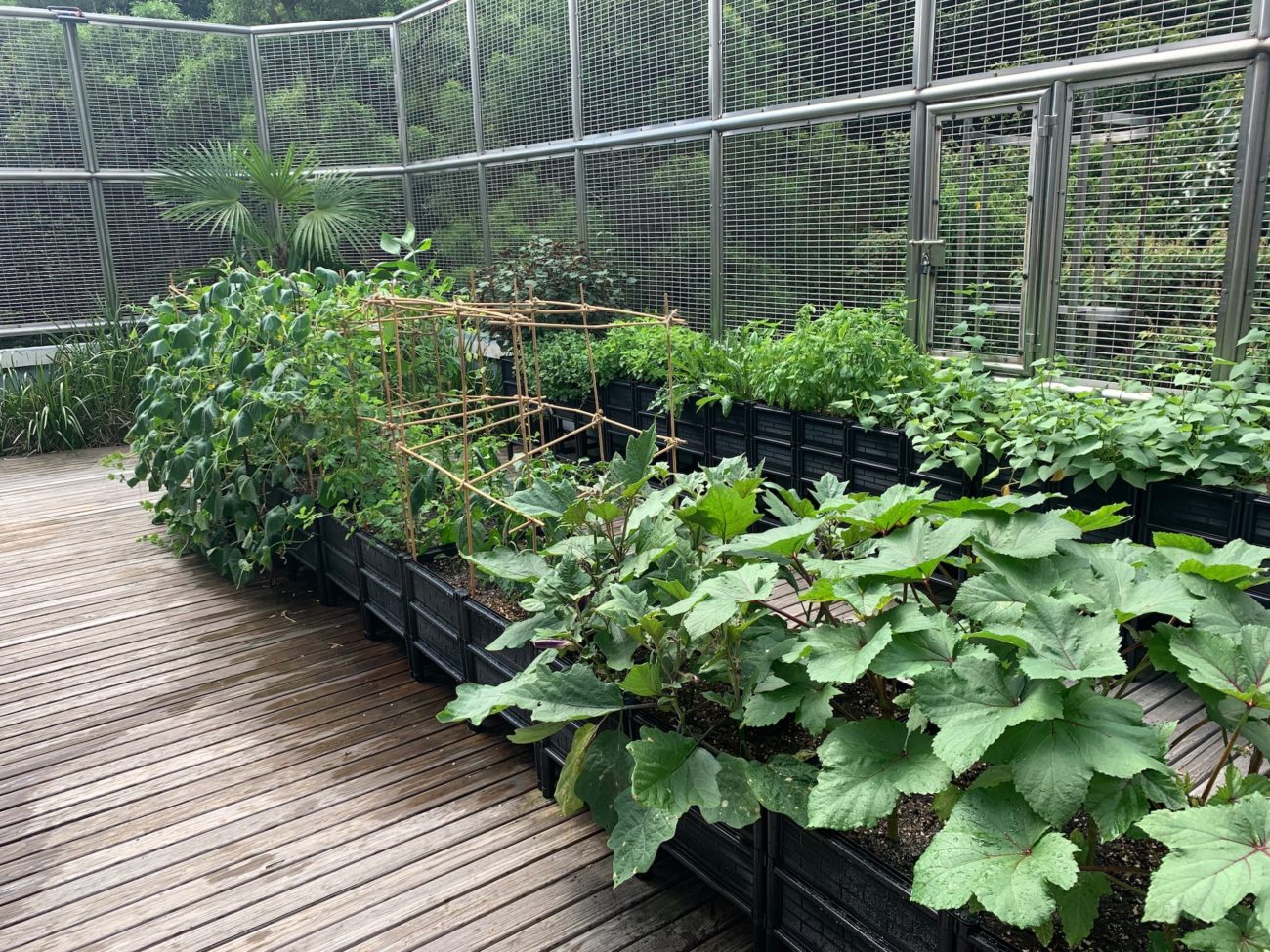
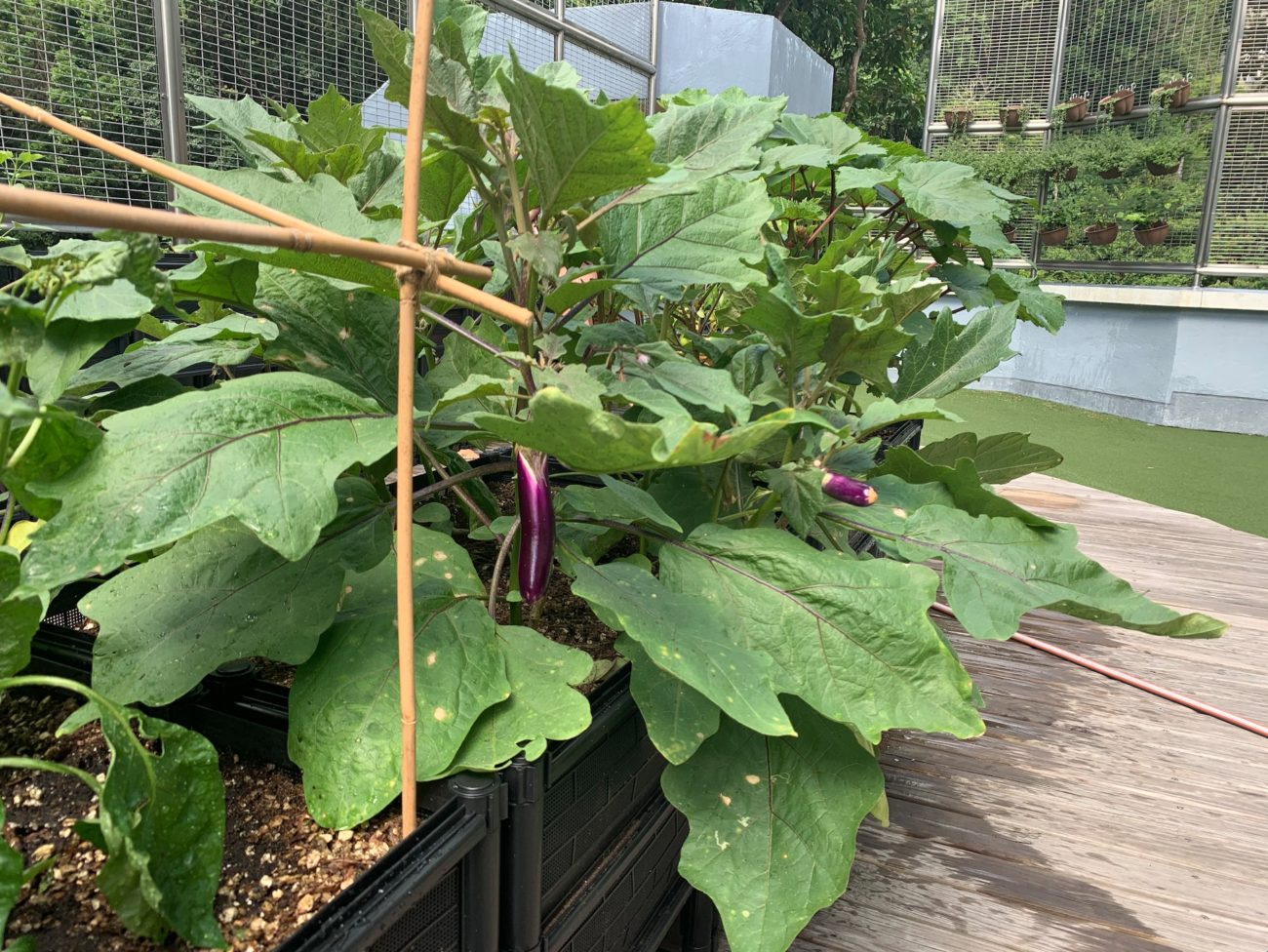
Lunchtime Gardening
An enclosed greenhouse was purchased for an unused area of the school on the Lower Playground. Students will be able to monitor and maintain small seedlings in this area independently and with help from our water tank, they will be able to use recycled water to water and care for the plants.
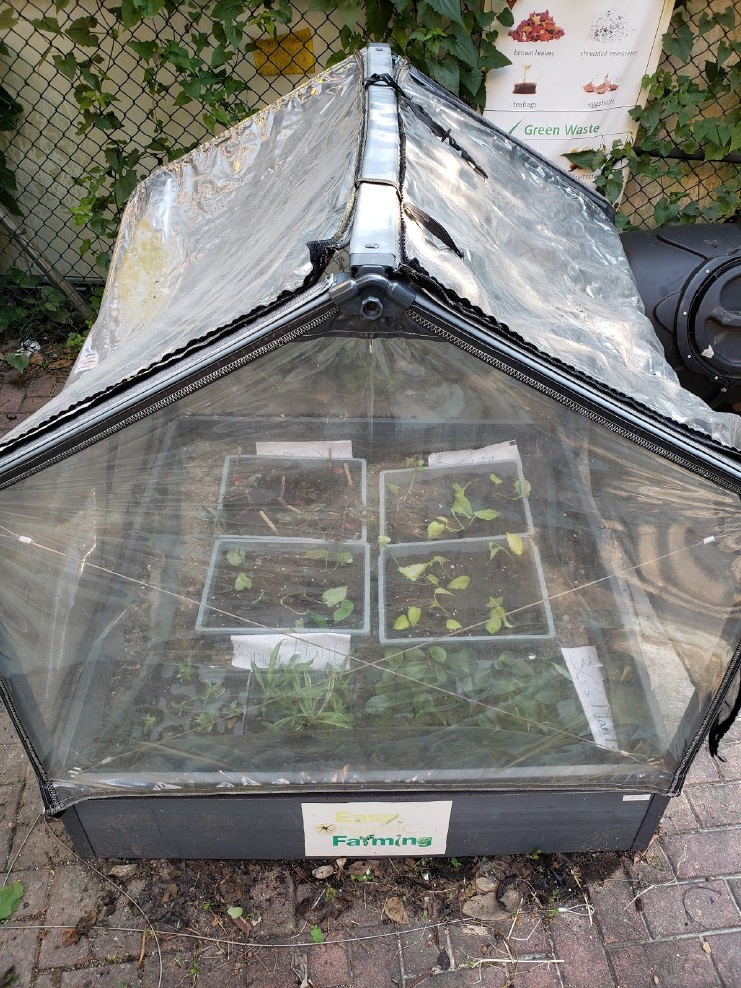
Community Gardening Days
The Bradbury Community Gardening Days are where we invite keen members of the community into school to grow seasonal produce/ herbs/ flowers, help develop our existing green walls and landscapes, and have an opportunity to do some satisfying, hands on work.
The community gardening days are a great opportunity for community members to interact and have a chat, exchange ideas, and learn a few things from our on-site arborist/gardener who works alongside us too!
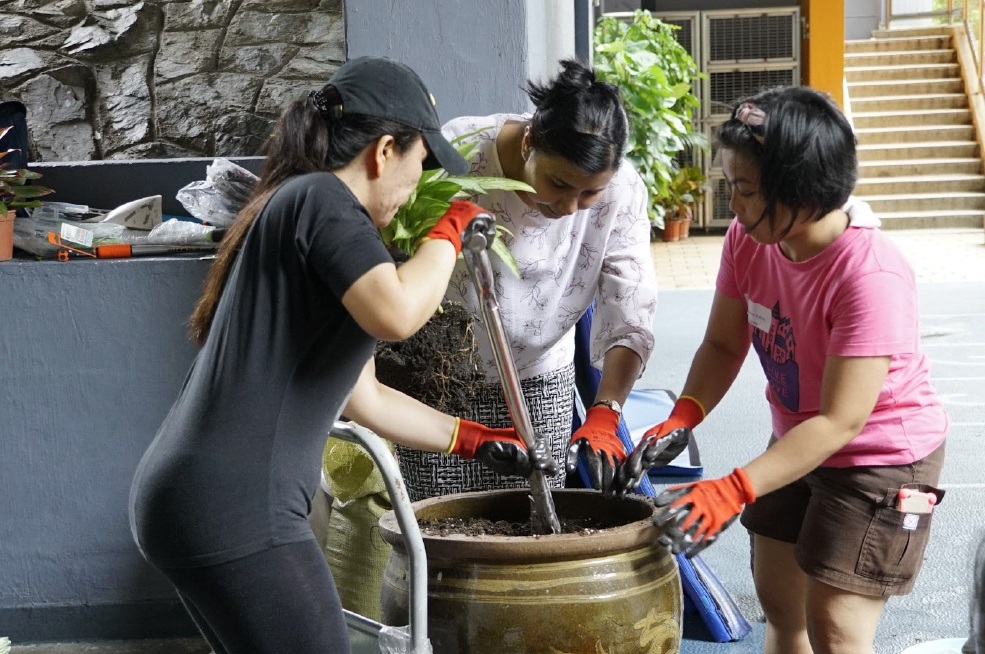
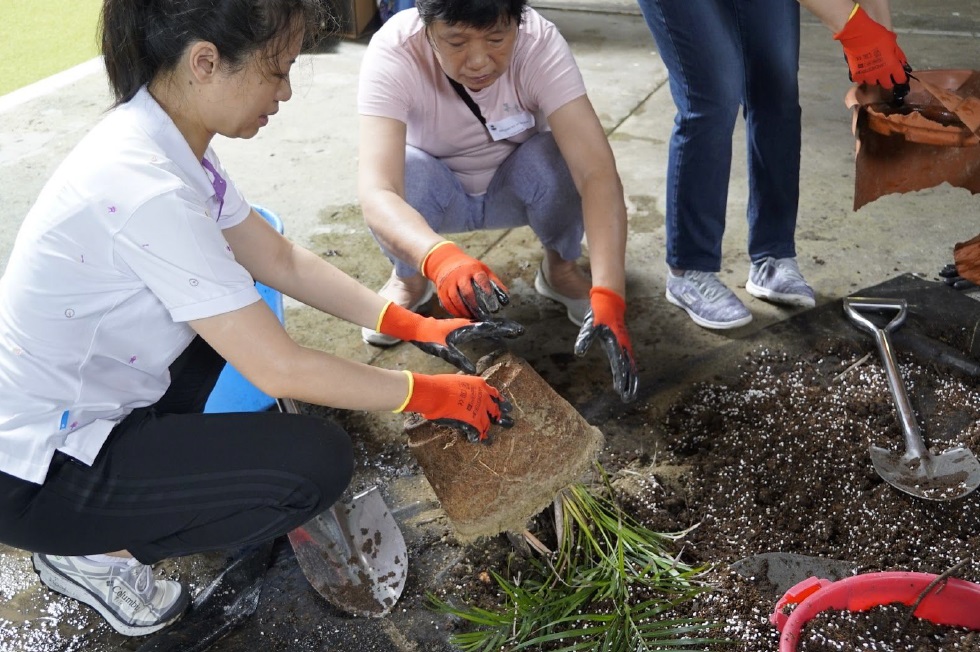
Environmental & Sustainability ESF Curriculum Meetings
Through regular meetings held with like minded coordinators across the ESF schools, the group aims to:
- Raise awareness of environmental and sustainability issues and lead and support the practice which addresses these issues.
- To create coherency and consistency in the strategic direction which leads to sustainable practice and education across the foundation.
Zero Waste
Bradbury is committed to becoming a zero waste school through proper waste separation and treatment through various local NGO’s dedicated to recycling waste. We strive to make these collaborations transparent and encourage students to take part in these initiatives as much as possible. Additionally, there are no general waste bins on site to discourage students from bringing single use plastic to school. Single use plastic that is brought into school is brought back home to raise such awareness.
Recyclable plastic is collected based on the resin identification code and along with our glass, metal, and paper is sent to HK Recycles, which is a local collection service that provides performance reports and guarantees none of it ends in landfills.
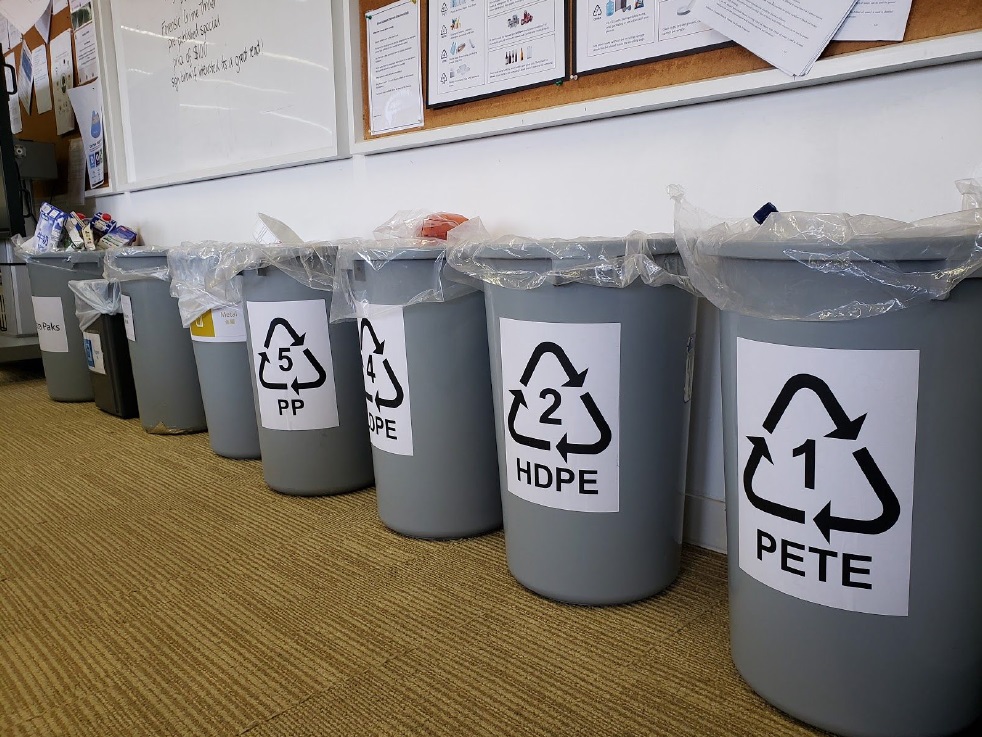
Additionally, all of our organic waste is put into our compost bins, where the resulting compost is used in our gardens. (See School Environment – Organic waste collection for more info).
Our paper and cardboard recycling is handled by the Baguio Green Group, which is a waste management and recycling company that works closely with the Hong Kong government to develop sustainable solutions to waste collection and treatment. They own and operate a sorting and recycling site with an area of 35,000 sq. ft. in Fanling with 4 shredding machines which can destroy various materials (i.e. papers, metals, woods, glasses, plastics, etc.).
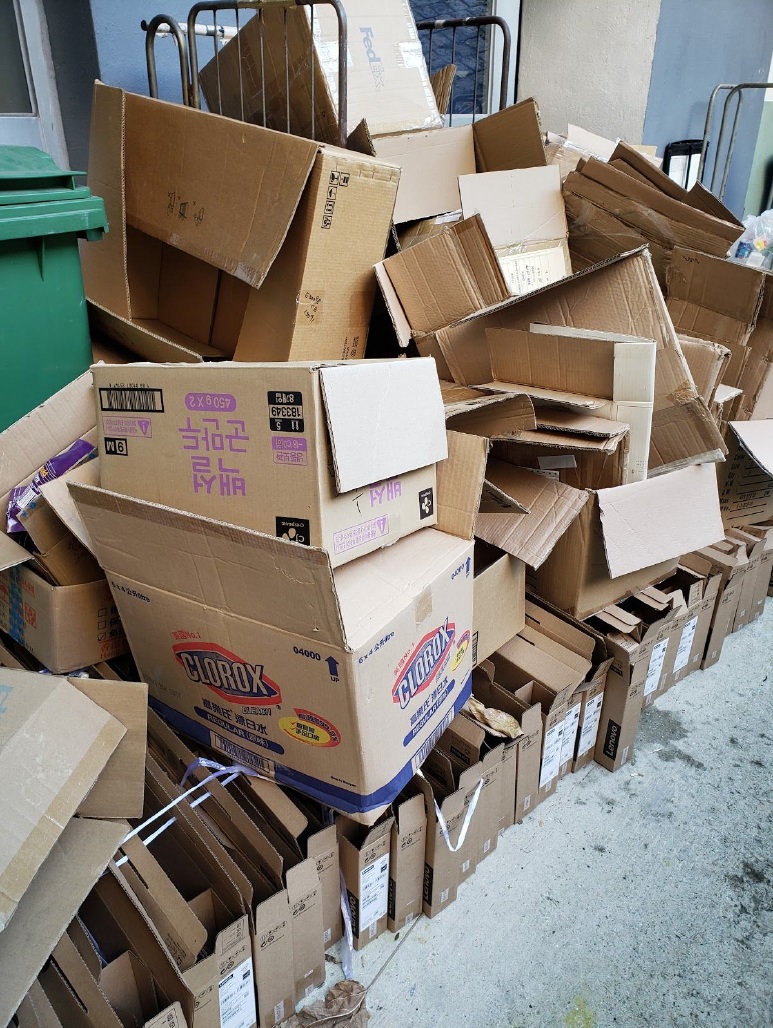
Indoor Air Quality
Bradbury has a variety of air purification plants in each classroom to help with producing clean oxygen. As buildings become more insulated and efficient, they also make it easier to trap indoor air pollutants. After researching the plants suggested by NASA as the most effective air filters, Bradbury has created planters for each of the classrooms and shared areas containing Dracaenas, Peace Lilies, Snake plants and spider plants. Not only do the plants clean the air they make our classrooms look great.

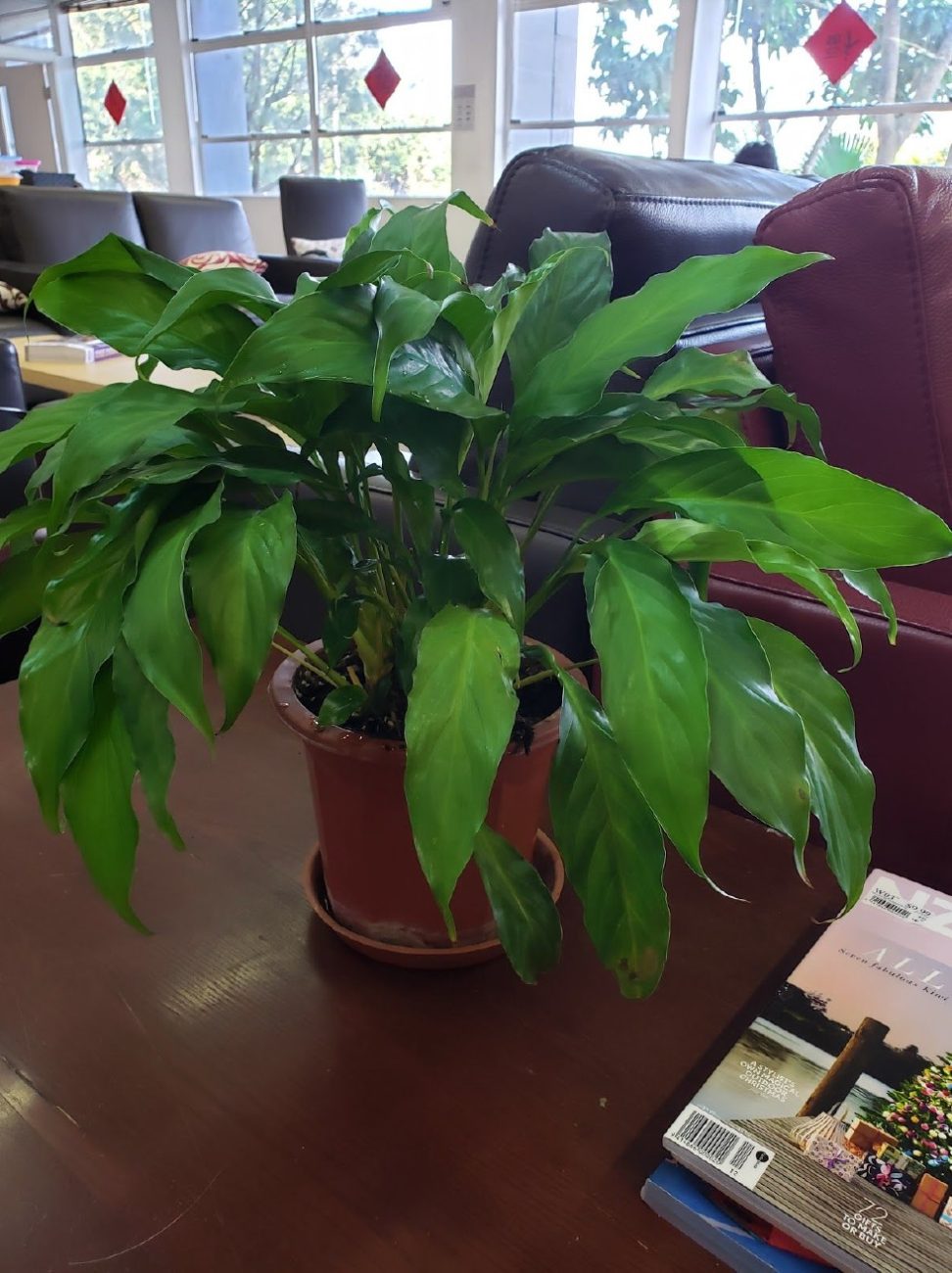

Battery Recycling
Rechargeable batteries contain materials that can be hazardous to people and the environment. They also contain valuable materials that can be recovered for use in other products, such as magnetic alloy and stainless steel. Did you know, most rechargeable batteries only have a shelf life of 1.5 years!
Here are some everyday products that may contain rechargeable batteries:
- Mobile Phones
- MP3/MD Players
- Cordless Phones
- Portable CD/VCD/DVD Players
- Electronic Dictionaries
- Digital Cameras
- Video Cameras
- Shavers
- Portable Computers
- Power Tools
- Electronic Game sets
Batteries for other equipment not listed above are also suitable for recycling, provided they are portable rechargeable batteries.
How to recycle:
Recycling rechargeable batteries is FREE. Here’s what you need to do:
- Remove the rechargeable battery from the equipment/device.
- Cover the battery terminal with masking tape. This is a safety precaution to prevent contact between terminals or other metal surfaces during storage and transport. Do not put damaged rechargeable batteries into the collection boxes. For batteries that are vulnerable to damage, put them in a reusable bag (e.g. reuse the packaging of new batteries) and seal them with adhesive tape before depositing.
- Bring your batteries to the Bradbury School office anytime for recycling.

E-Waste Collection at Bradbury
All e-waste is collected by Three R Computer Service company who specialises in recycling Notebooks, PCs, PC Accessories, Monitors, Printers and Electronic products.
Reusing and Recycling Old School Supplies
Getting ready for back to school doesn’t involve lots of shopping for ‘new stuff’. First, we take stock of what we already have.
Next, sort through what the students used the previous year and see if any supplies can be reused for the upcoming year.
At the end of the school year we collect any returned school supplies, both used and unused. We ask students to help “clean and sort their classroom stationery supplies” first, before they return them to the resource room. After cleaning and sorting the rest, they are ready for the next school year. This can help bring the awareness and practice the idea of being “Eco Friendly”.
Once we have completed our inventory of existing school supplies that can be reused, we then set the shopping list for the new year.
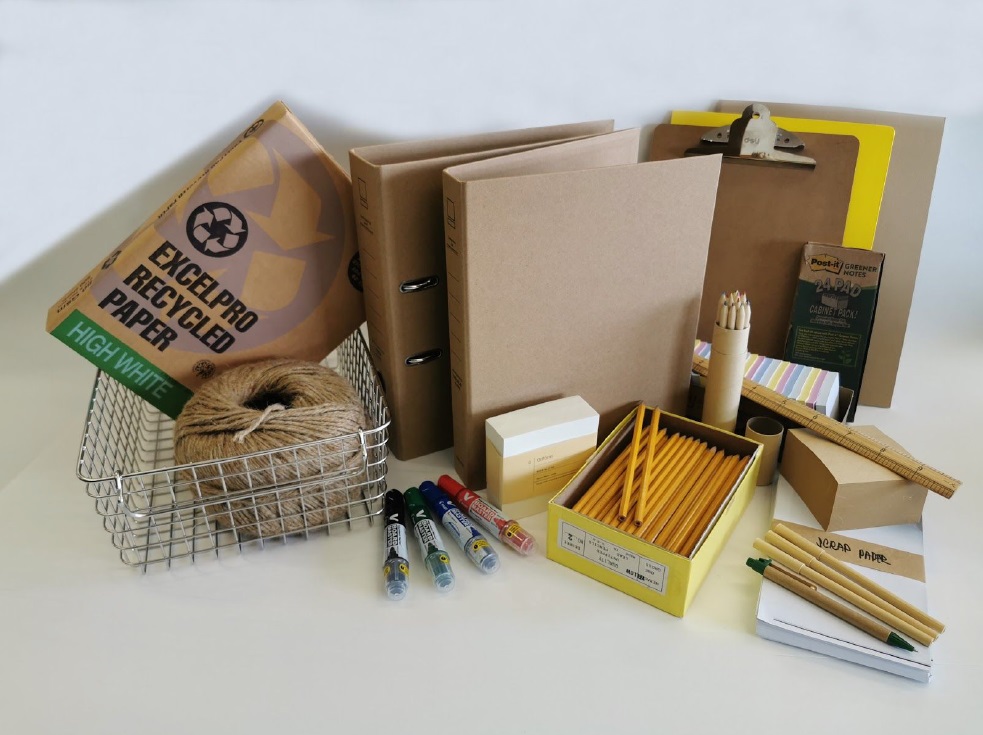
Purchasing Eco Friendly School Supplies. What we look for:
- Products with minimal or recyclable packaging.
- Products made from recycled, organic, natural, and non-toxic materials.
- Products with Eco Friendly labels (eg, Fair Trade, FSC).
- Products made by brands with a reputation for sustainability.
- Products that are durable and last for years.
- Consider purchasing second-hand products.
- Avoid disposable items, particularly disposable items made from plastic.
- Products that have lesser carbon footprint on transportation.
“Longer travel distance the higher CO2 emissions“
Lunch Boxes
Students at Bradbury are encouraged to bring their snack and lunch into school in reusable containers as we strive to be zero waste. Any waste is taken home with the students and this is carefully monitored by the teachers and EA’s. Staff also follow these guidelines when bringing food into school.
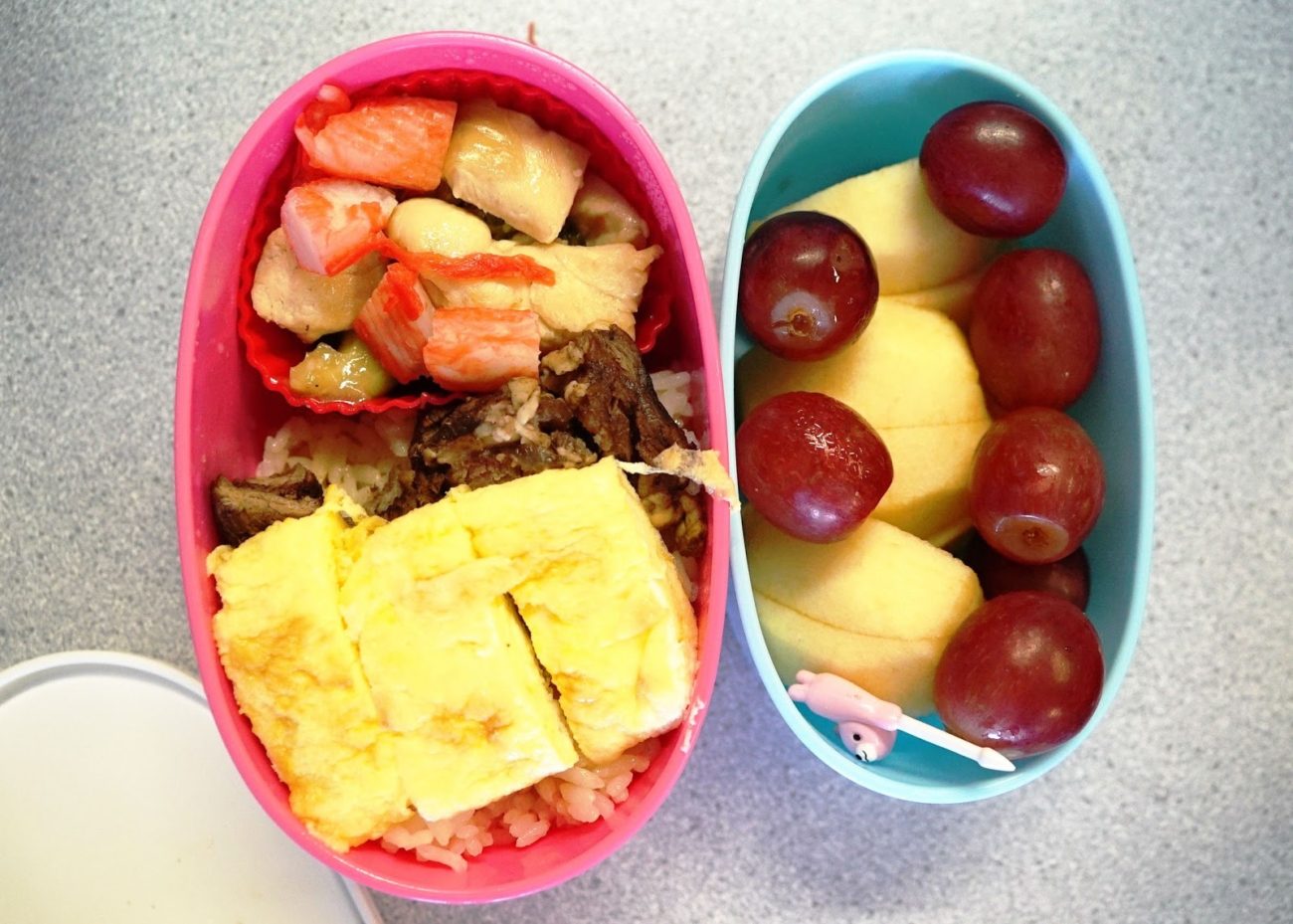
Environmental Education
Links to Unit of Inquiries (UOI)
Year 1: Cycles
In this Year 1 Unit of Inquiry the students inquire into many different forms of natural cycles and the effects these have on us and other living organisms. As part of this UOI, the students grow seeds documenting their growth as well as exploring the life cycles of animals.
Year 2: Habitats
In the Year 2 Unit of Inquiry, students inquire in local Hong Kong Habitats. In this unit, the students have the opportunity to visit different habitats such as the zoological gardens, HK trail and a coastal marine environment at Hoi Ha Wan. The students also link with local NGOs such as Sea Shepherd, Living Oceans Education and Plastic Free Seas to find out about the animals that live in these habitats and to investigate the impact humans are having on them. Students are encouraged to think about ways they can help to protect these habitats and the animals that live in them.
In the past, students took initiative to recycle some of their unused or unwanted toys from home. This took place during the annual school wide “Action Day”, where students would swap books and toys with other pupils from across the school. This was a great way to recycle and reuse unwanted toys and books.
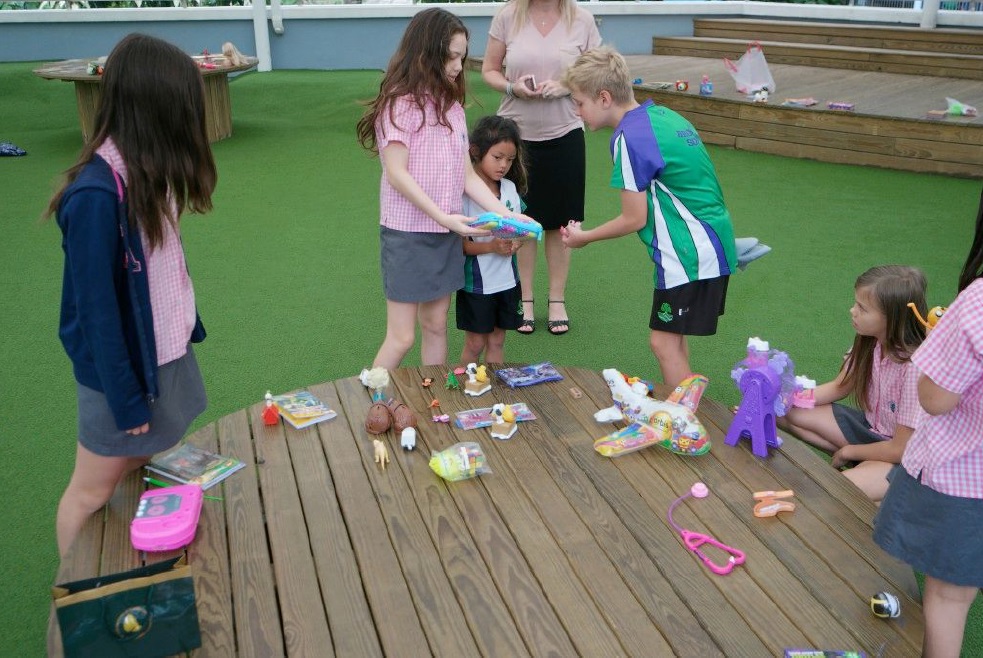
Year 3: Healthy Lifestyles
In the Year 3 Unit of Inquiry, students learn about the choices they make and how these can affect their health and well-being. In this unit, students enquired into mental, physical, social and personal factors that contribute to being healthy. They learned mindfulness techniques, participated in Yoga sessions and nurse Lauren educated them about personal hygiene. They had a visit from nutritionist to talk about eating a balanced diet and in Physical Education (P.E) lessons, the students inquired into different sports and fitness related activities. They also learned about the body and how it works when we eat food as well as how it moves when we exercise. The students recorded various routines e.g sleep, water intake and exercise over the course of a week. They then graphed their findings and reflected on what aspect of their lifestyle they could improve in.
Year 3 students have also been learning about energy, renewable and nonrenewable resources and inquiring into sustainability. The students connected to an organisation called Solar Buddies who make solar powered lights for poor communities across the world. Therefore, learning outside the classroom is an integral part of this unit, because we believe that getting hands on can create more memorable and effective learning experiences.

The Year 3 students also visit the SENT Landfill. This landfill has high environmental standards implementing solutions such as a landfill liner, leachate management controls, landfill gas management, surface and groundwater tracking, and environmental monitoring systems. The Landfill also has a gas facility onsite to convert landfill gas into energy, diversifying energy sources for Hong Kong.
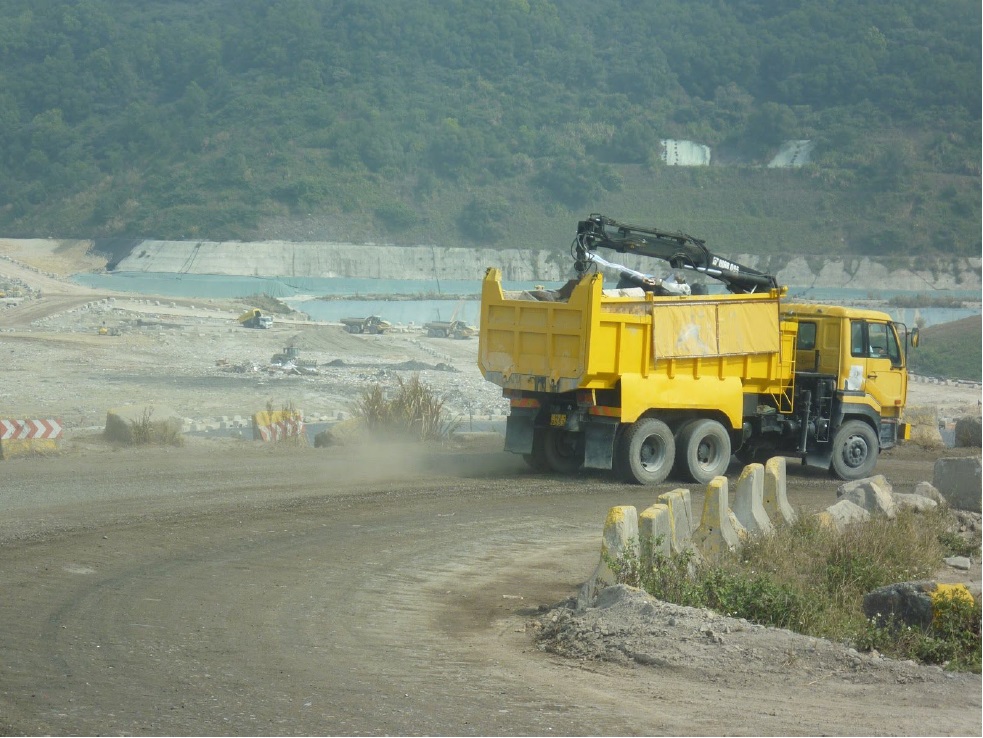
Other hands on activities include a DIY paper recycling activity, where Year 3’s take used paper in school and make their own paper. Seeing the process of recycling and doing it yourself can leave a lasting impact on the importance of recycling.
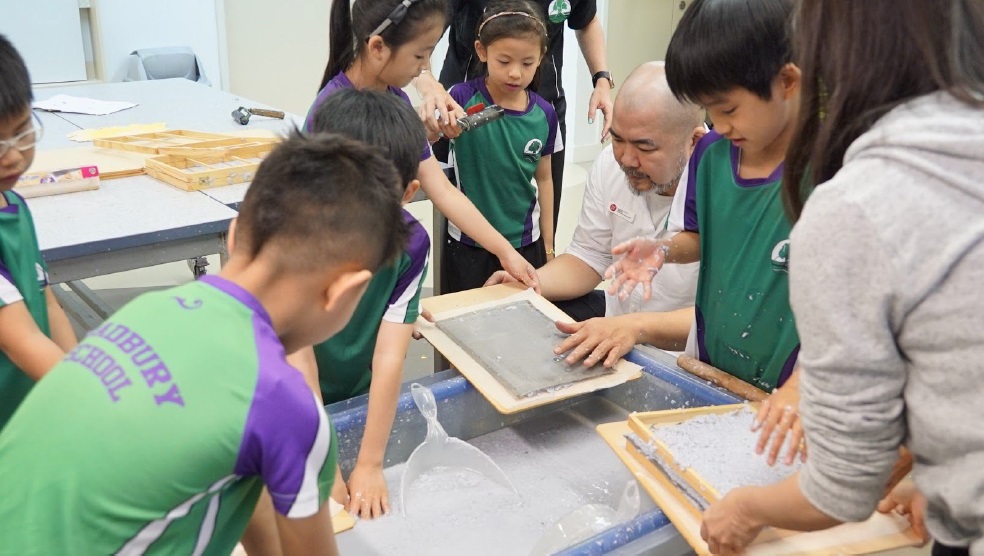
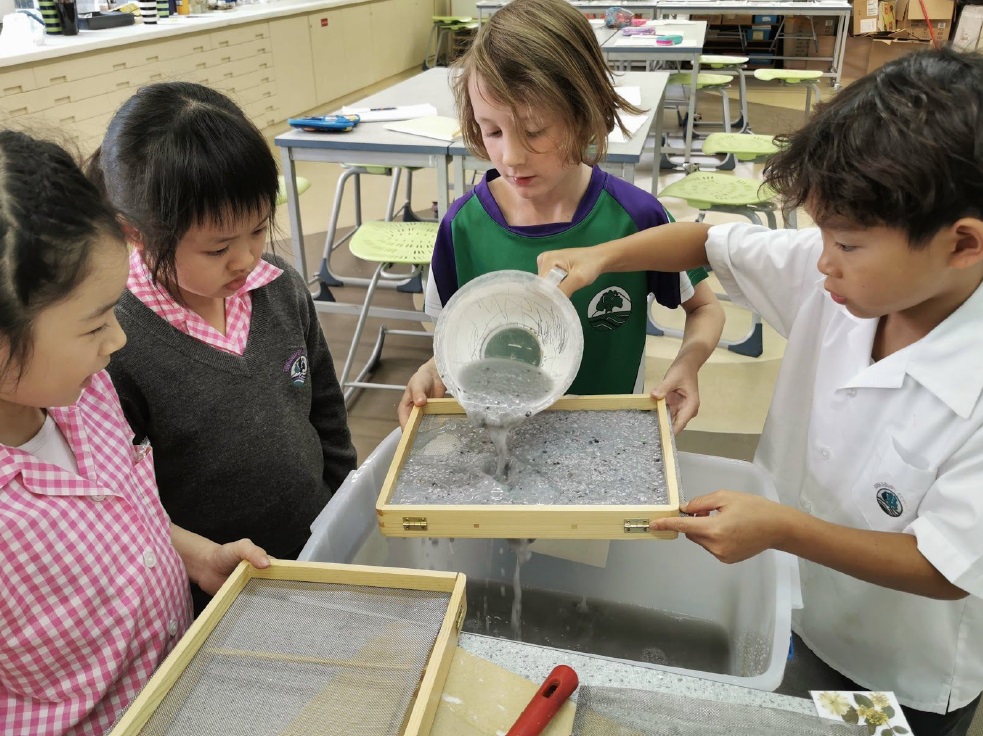
Students also get the chance to propagate plants around the school to explore the intersection between reduced consumption and sustainable gardening practices under the guidance of the on-site botanist and environmental sustainability officer.
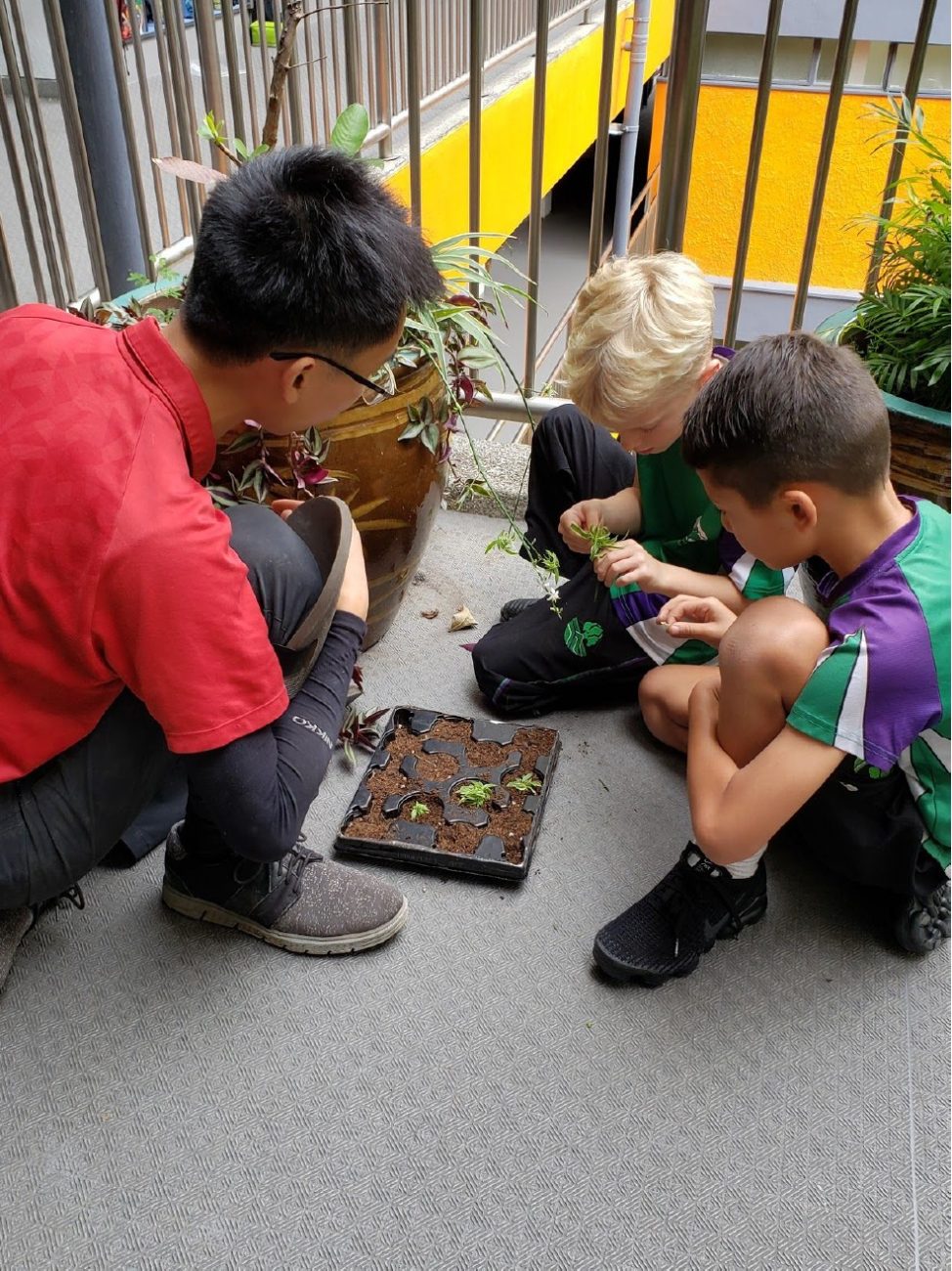
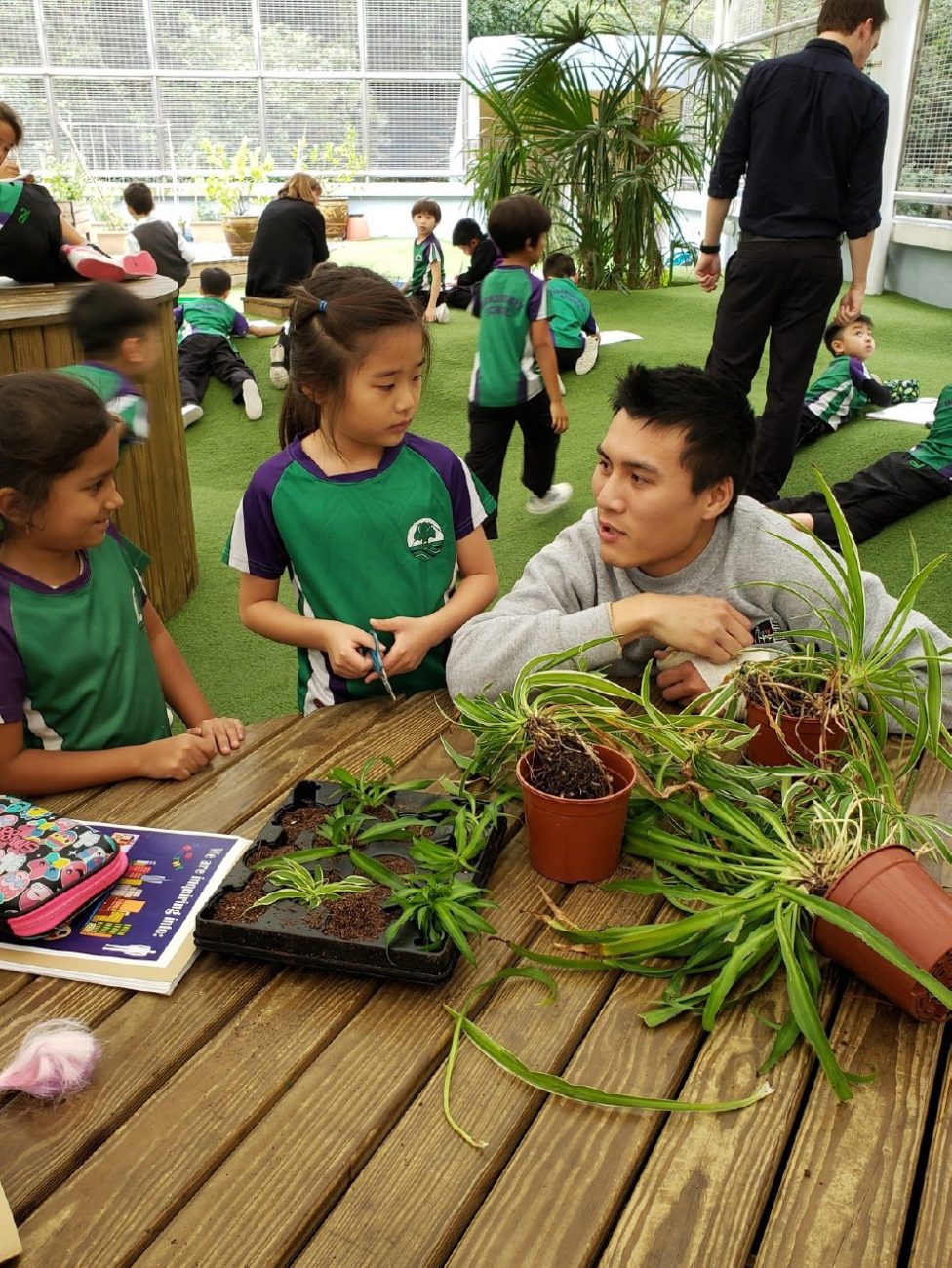
Year 3 students also learn about the sustainable practices at Bradbury from eco-tours around the school led by the PYP Coordinator and Environmental Sustainability coordinator.
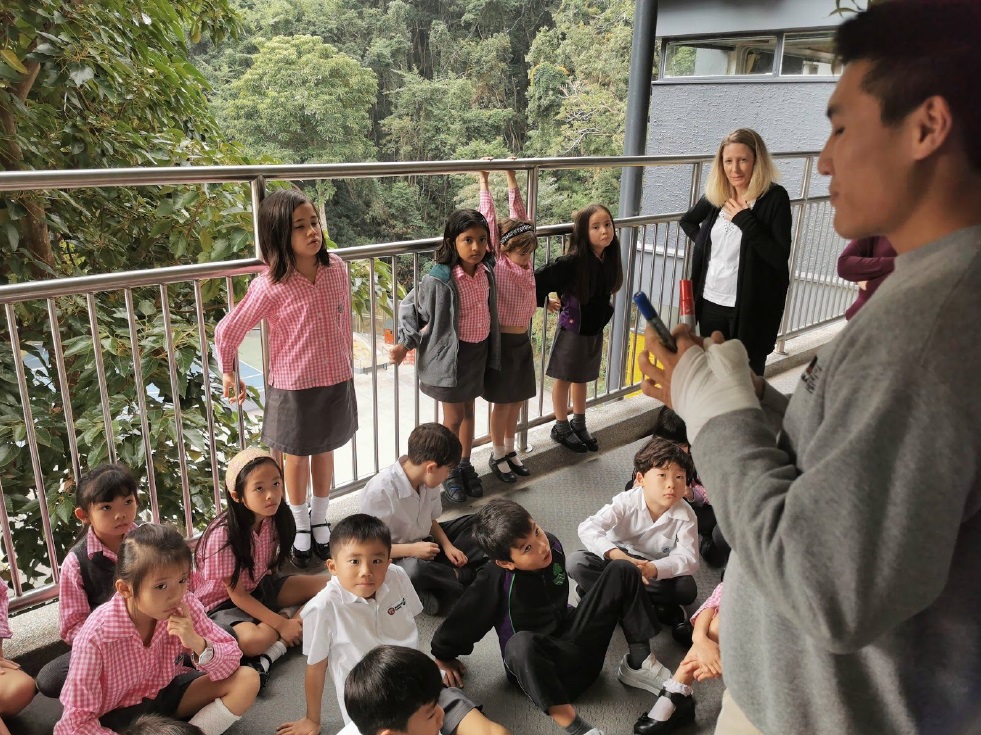
Year 4: Field to Table
The Year 4 Students visit an Organic Farm in Pat Heung which one of the first fams to practice sustainable agriculture in Hong Kong. The students are able to have a hands on experience harvesting fruit and vegetables as well as learning about sustainable agriculture.
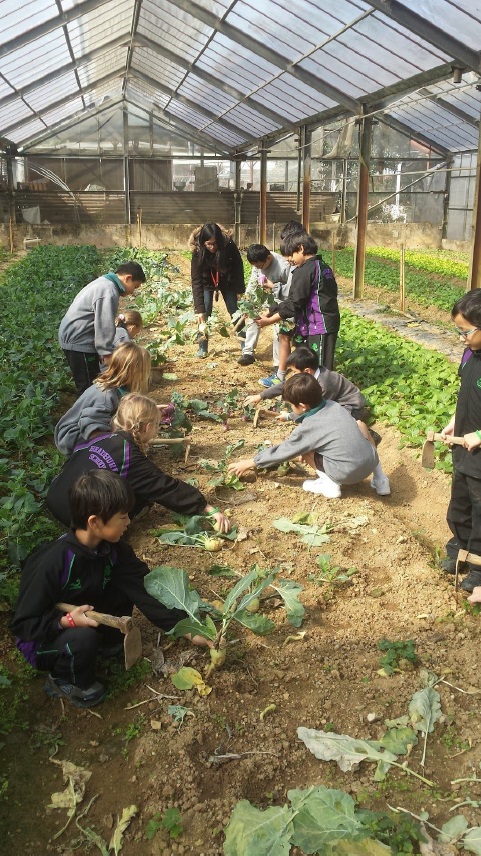
Year 5: Energy
En-track helps our students see their energy impact instantly with real-time animated graphs and data based on our school usage. They work with our students to help them understand the data collected and generate possible school based actions.
The students also vist Maker Bay where they design and make products using their learned knowledge about Energy. They are provided with the tools and expertise to help make their ideas a reality, working through a design process.
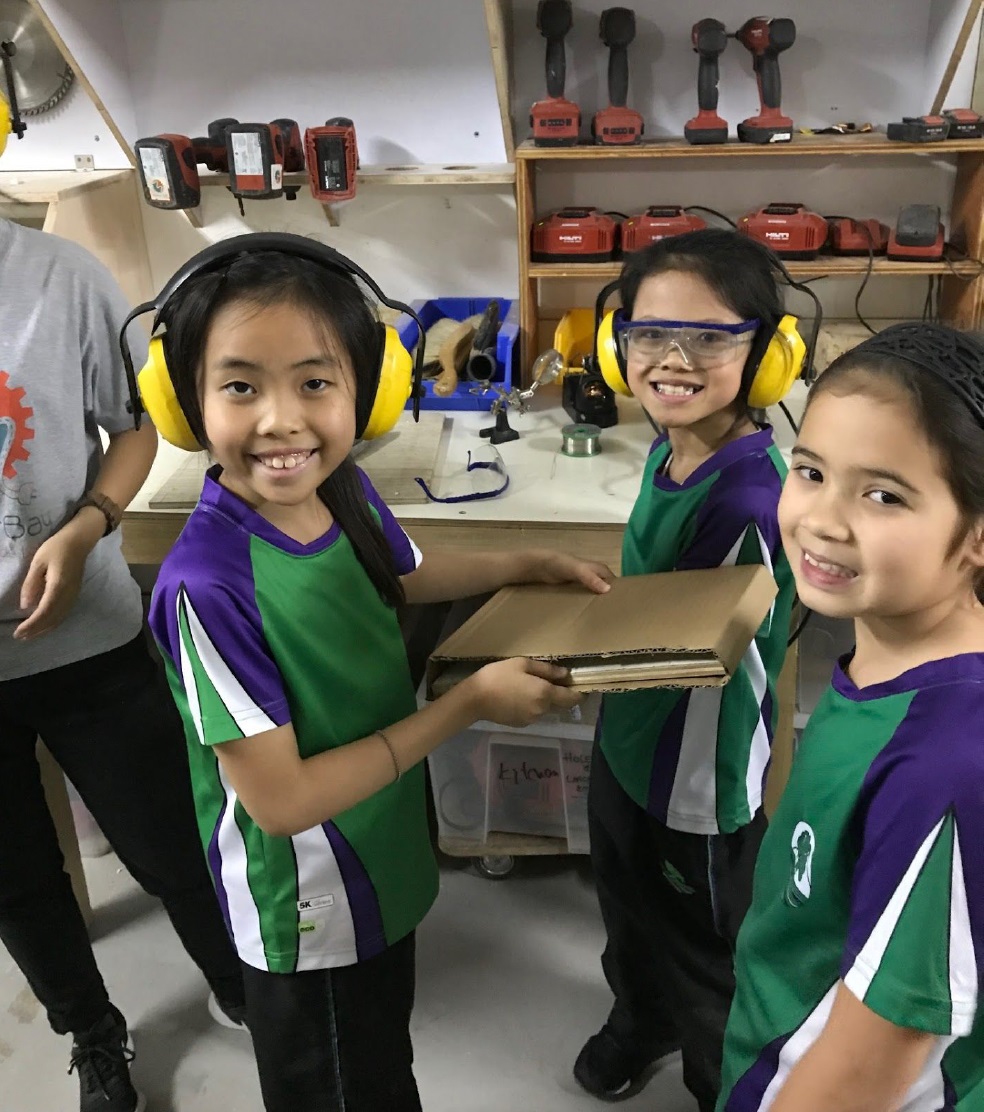
In the past students have also visited the Zero Carbon Building in Kowloon Bay. The building showcases smart city technologies and low carbon living.
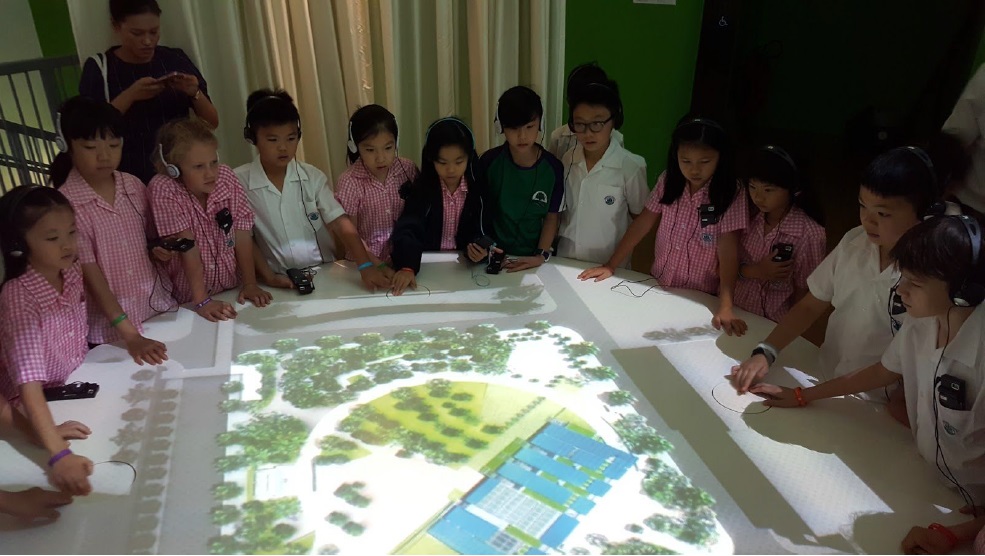
Year 6: Exhibition
Students through the Year 6 Exhibition have inquired in Air pollution. The clean Air Network was contacted to help the students monitor car usage at Bradbury. Students then advocated with families and drivers at pick up and drop off times to reduce carbon emissions.
Students regularly participate in local beach clean ups as part of the Year 6 Exhibition. The students link to organisations such as Plastic Free Seas, DB Green and Living lamma who campaign for the reducing plastic in HK. The students get to see and experience the good things on the beach whilst learning how to protect themselves from the not-so-good things. Students learn what to look out for, from natural hazards such as sharp shells, fish bones, slippery rocks, etc to man made items such as broken glass, medical waste and other potentially harmful objects and substances, which is important information for students to learn about.
The 2017 an ESF Environmental Conference ‘Take it Outside’ was held at Discovery College. The conference aimed to inspire, empower and physically connect students with the environment and nature that surrounds them here in Hong Kong. Students were creative using their senses, while allowing them to find freedom, fantasy, and privacy in an environmental context. From this day forward, it is hoped students will continue building a better knowledge and awareness of how to tackle key world issues and find sustainable solutions.
Students worked with international environmental campaigners, along with other local experts, ESF Educators and secondary school students, engaging in a series of practical workshops throughout the day. Students are encouraged to take these practical ideas and skills and to connect with our outdoor environment as well as tackling the key challenges of sustainability, and incorporate and implement these back at their respective schools and into their daily lives.
This conference was aimed at Primary School students in Year 4-6.
Staff Training
Regular staff training is held with all Bradbury staff members and our community to inform them about environmental initiatives and to help improve our current practices.
Students spoke with the cleaners about energy consumption as part of their inquiry in Year 5.
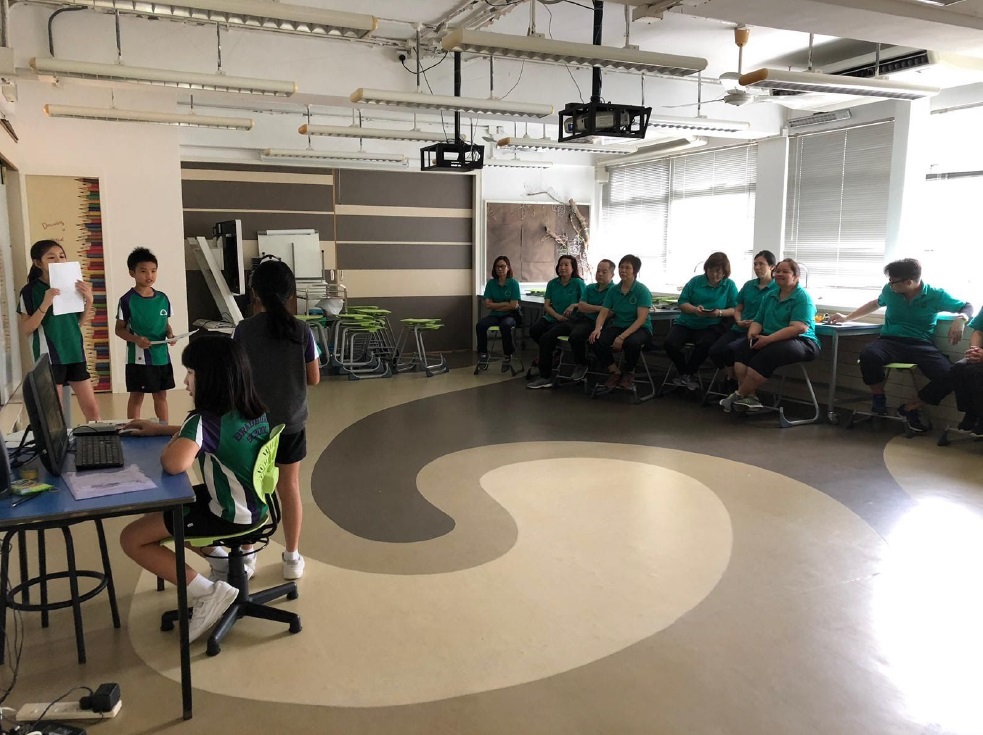
HK Recycles visited to talk to the site staff about why we should recycle, how and what can be recycled and how they can support us at Bradbury.
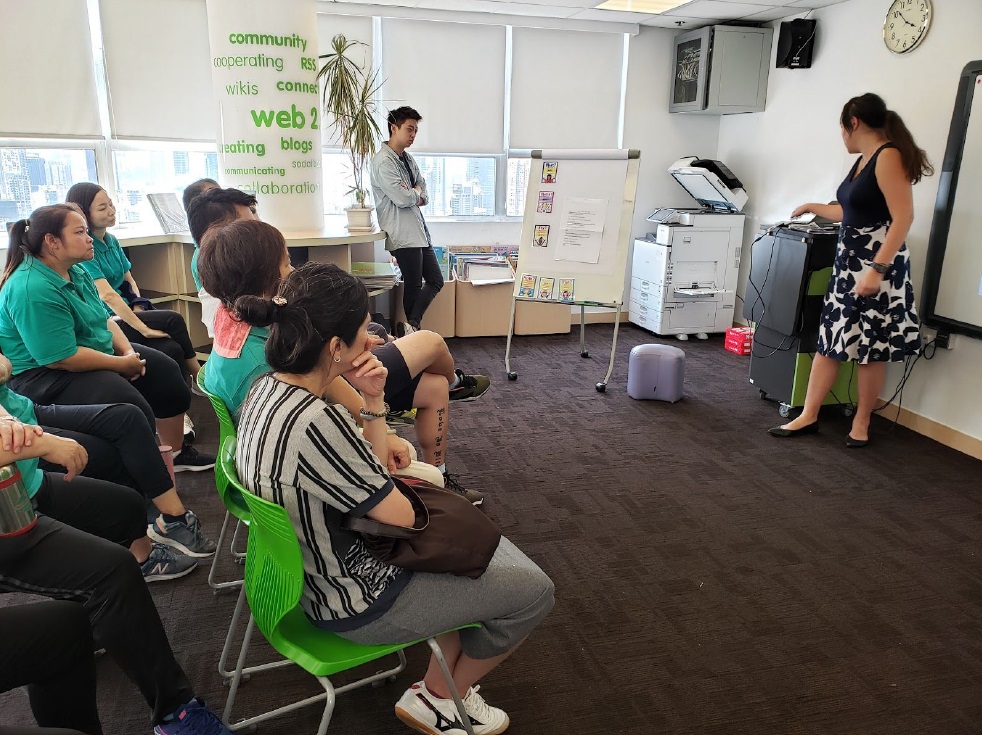
Community Engagement
Our ethos of waste reduction extends to visiting members of the community, as we try to promote eco-friendly practices such as families bringing their own cups, plates and utensils during school events to raise awareness to the wider community. With the support of the PTA, events like our annual Night Market and cake sales generate as little waste as possible and we hope to continue improving these measures by taking in feedback from the community after each event.
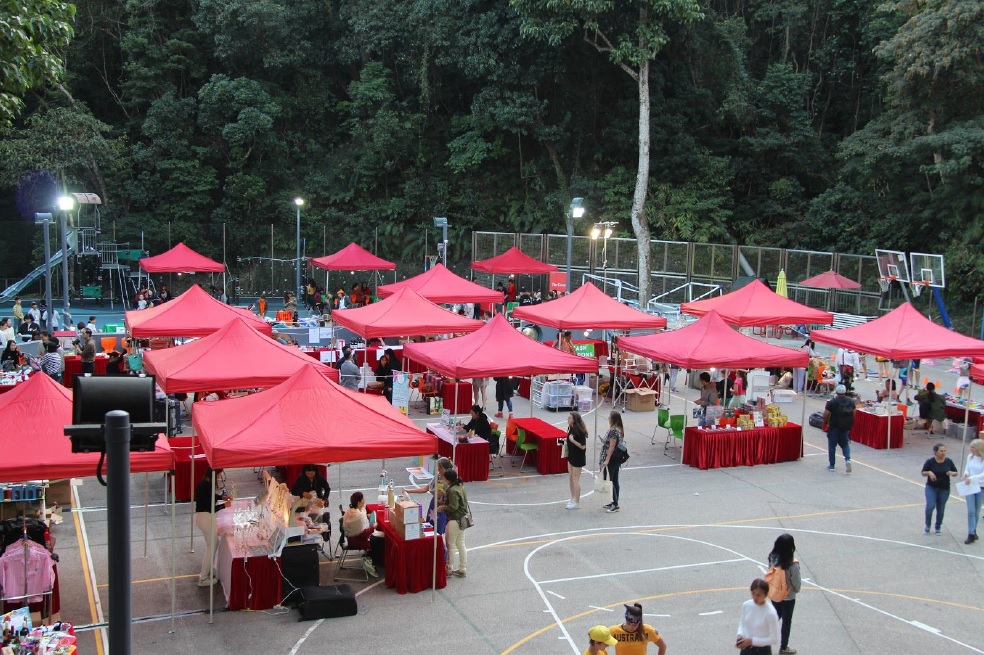
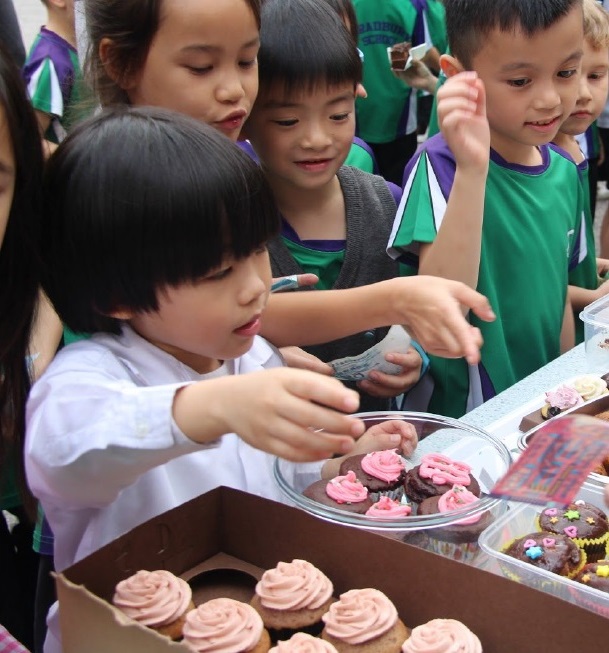
Funding
To enable us to develop our eco practices at Bradbury, grants are sought from various government departments and organisations throughout the year. Over the past few years we have received funding from:
- ParknShop Green School Programme: supports green projects with the objective to raise environmental awareness which can be applied to students lives.
- ACAMIS Service Learning Grants:to provide financial support for student initiatives in service learning.
- The Environment and Conservation Fund (ECF): to develop a green roof space. The hardware received will be used to educate students and provide green sources of energy such as wind and solar.
